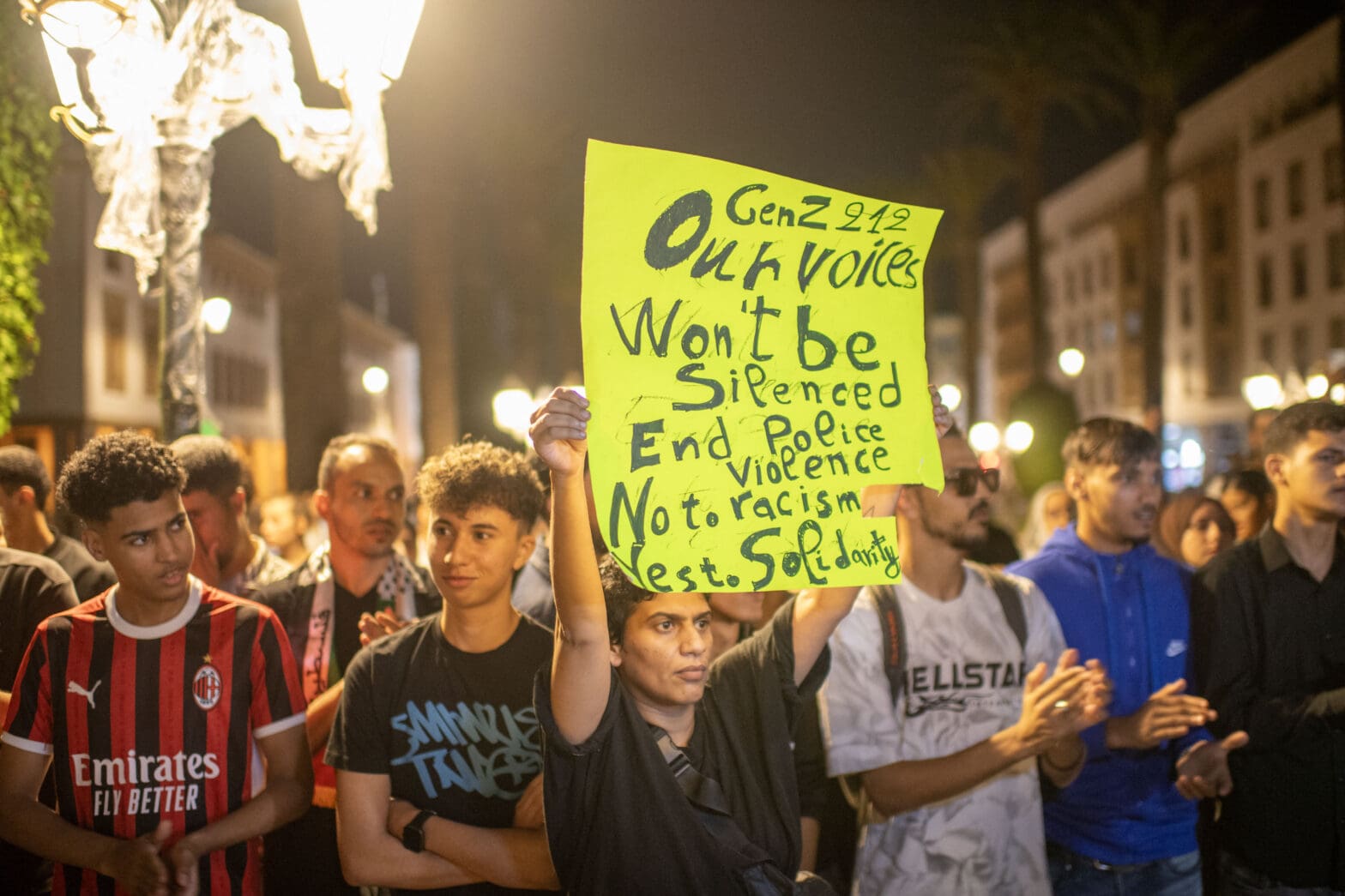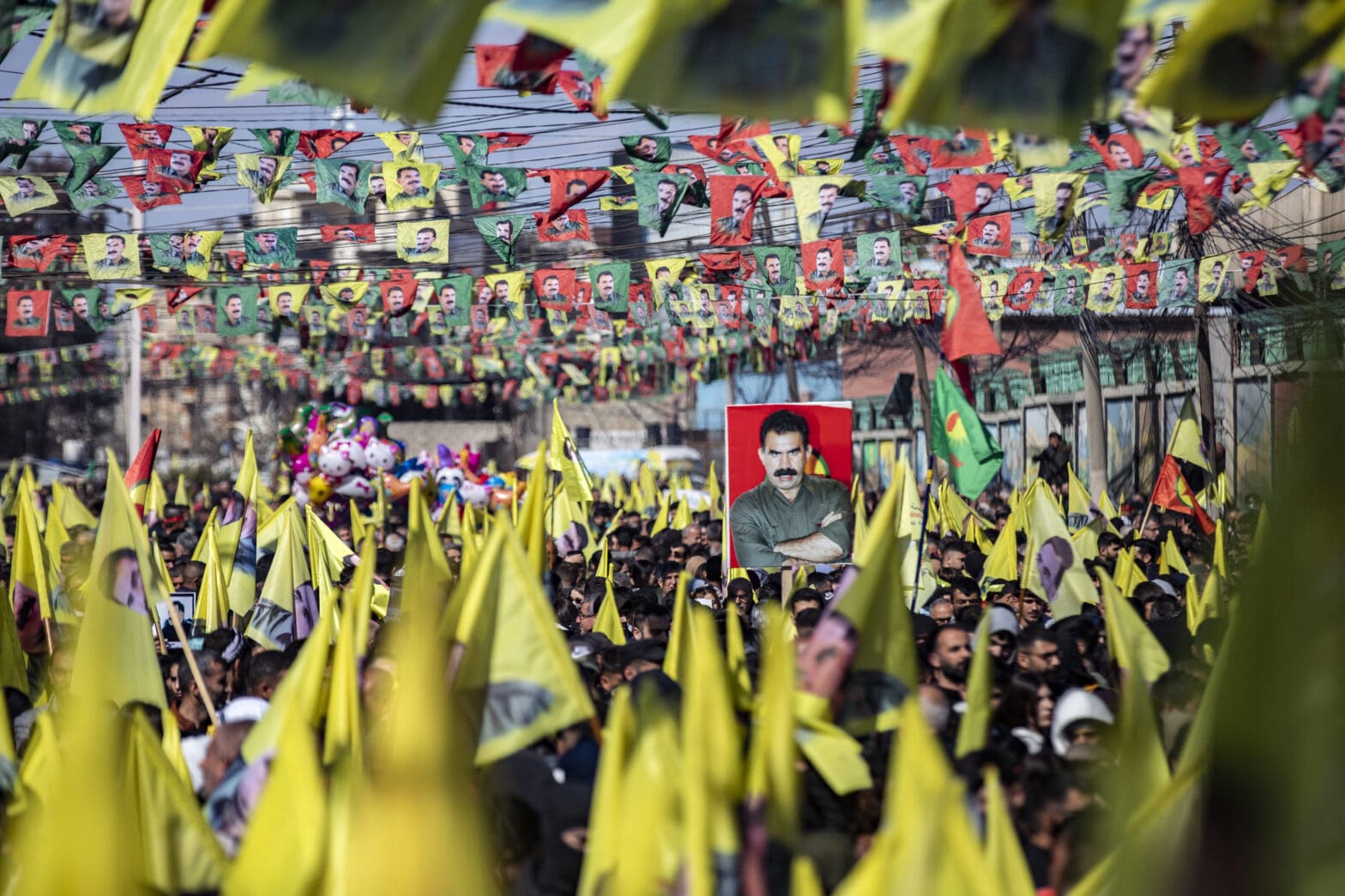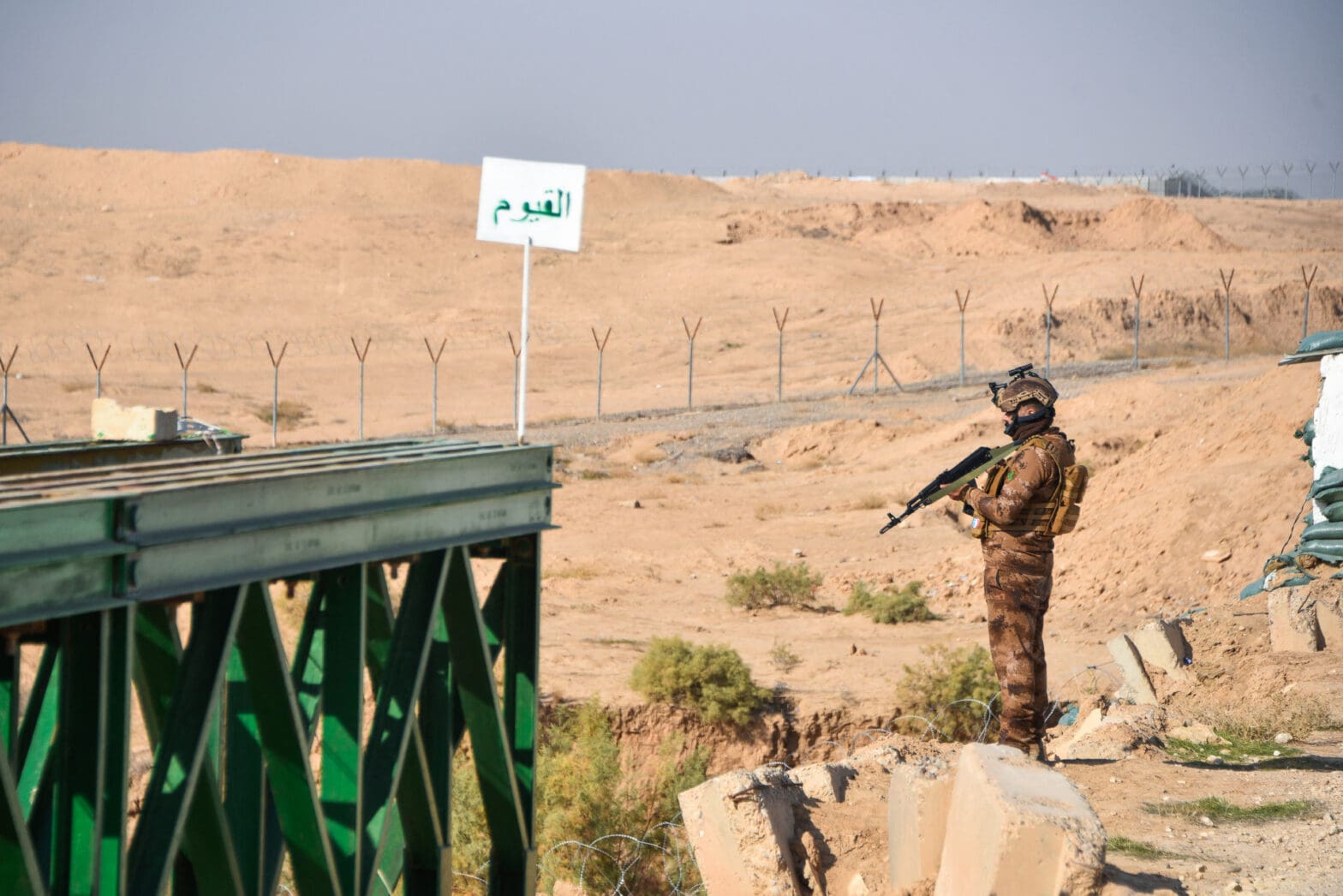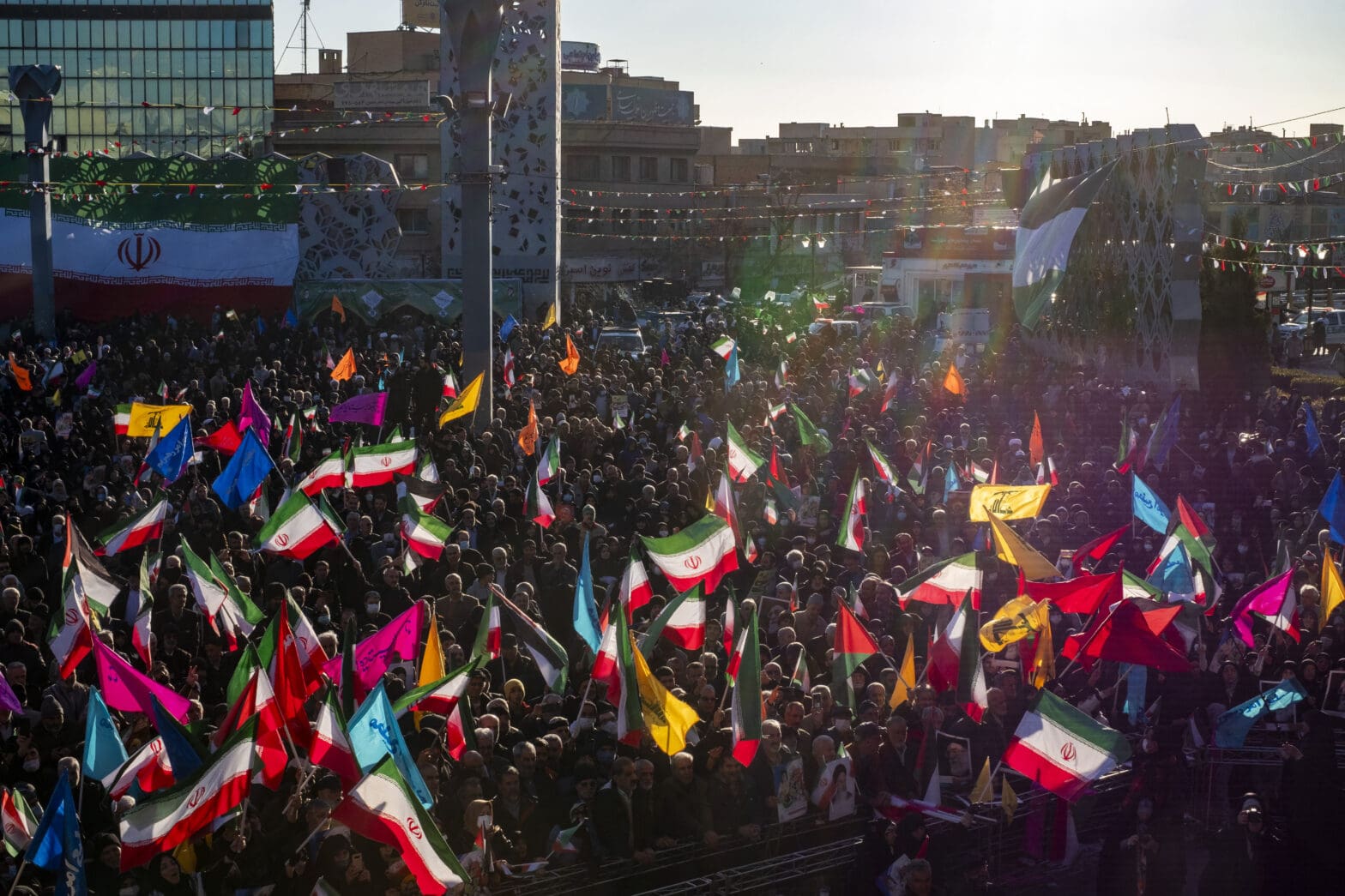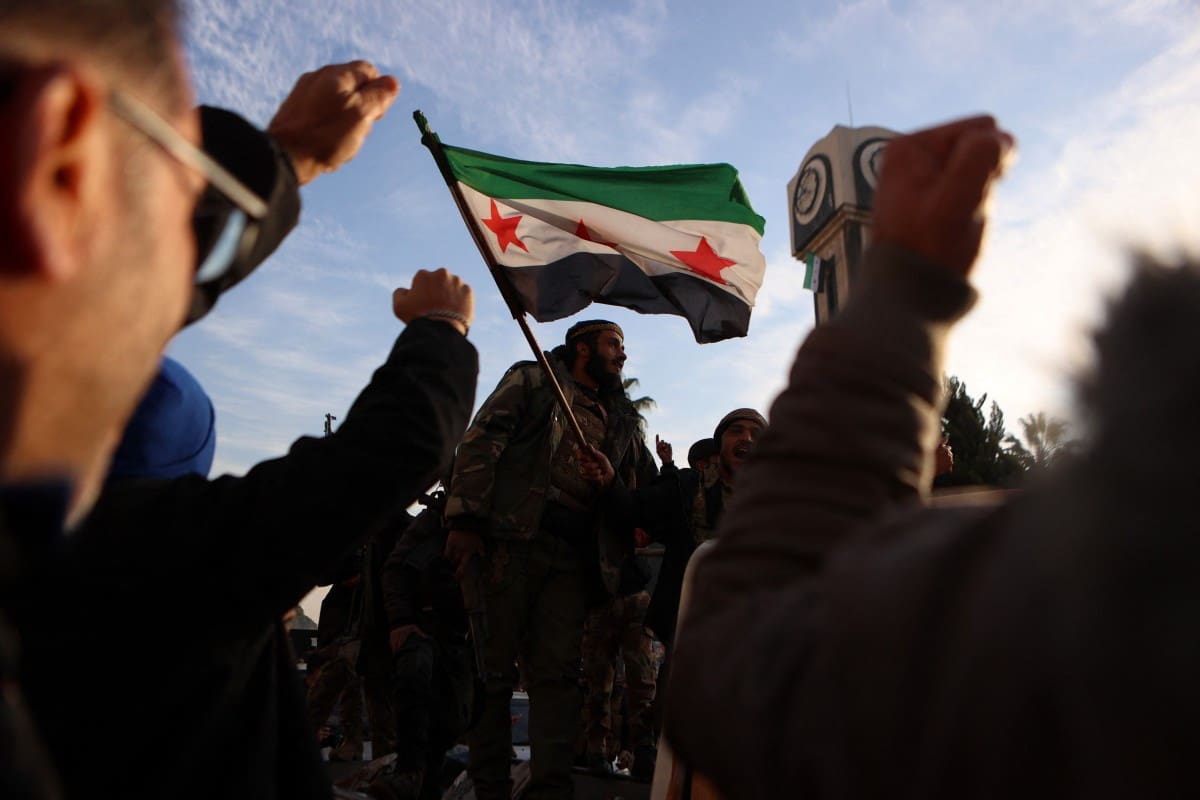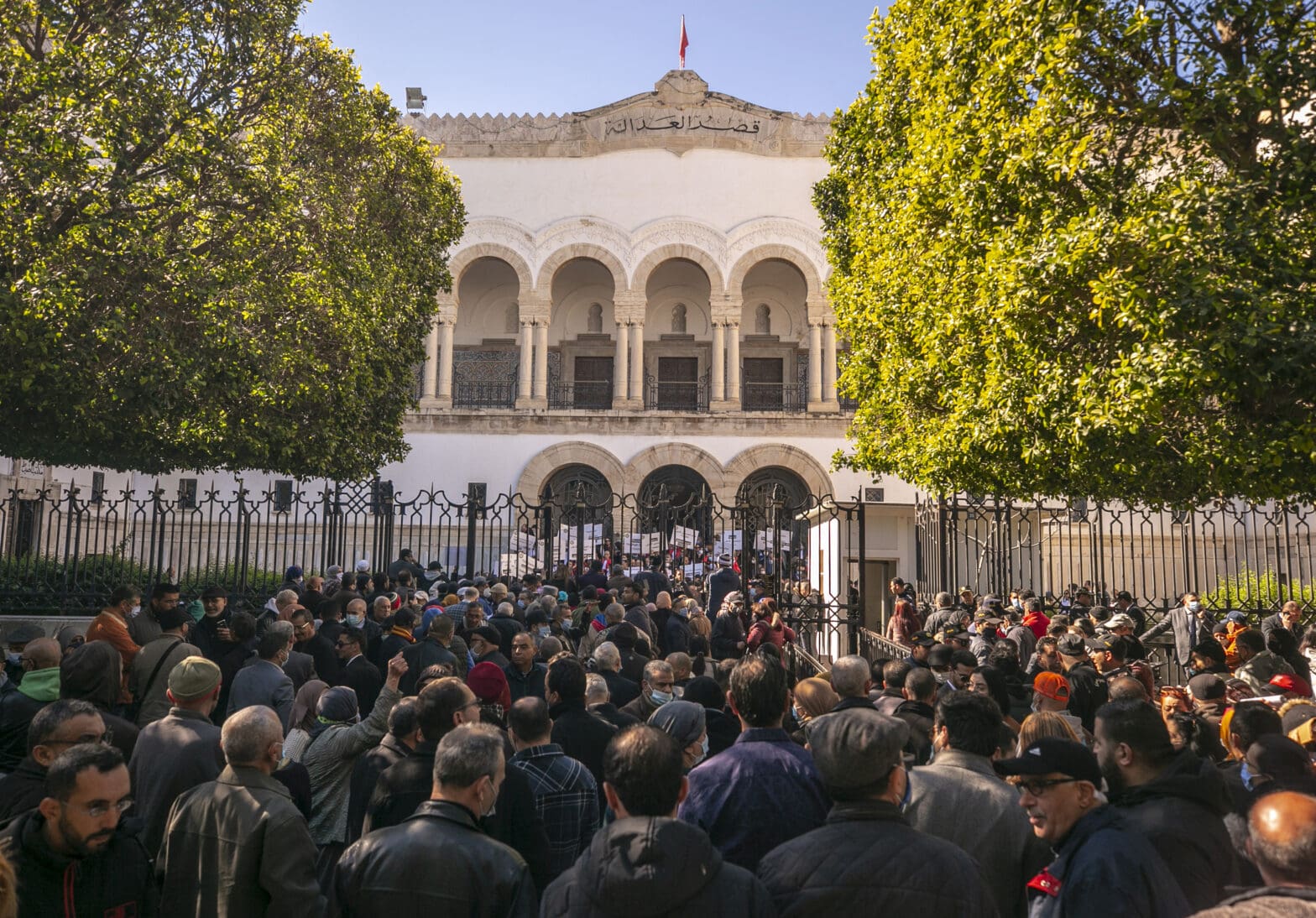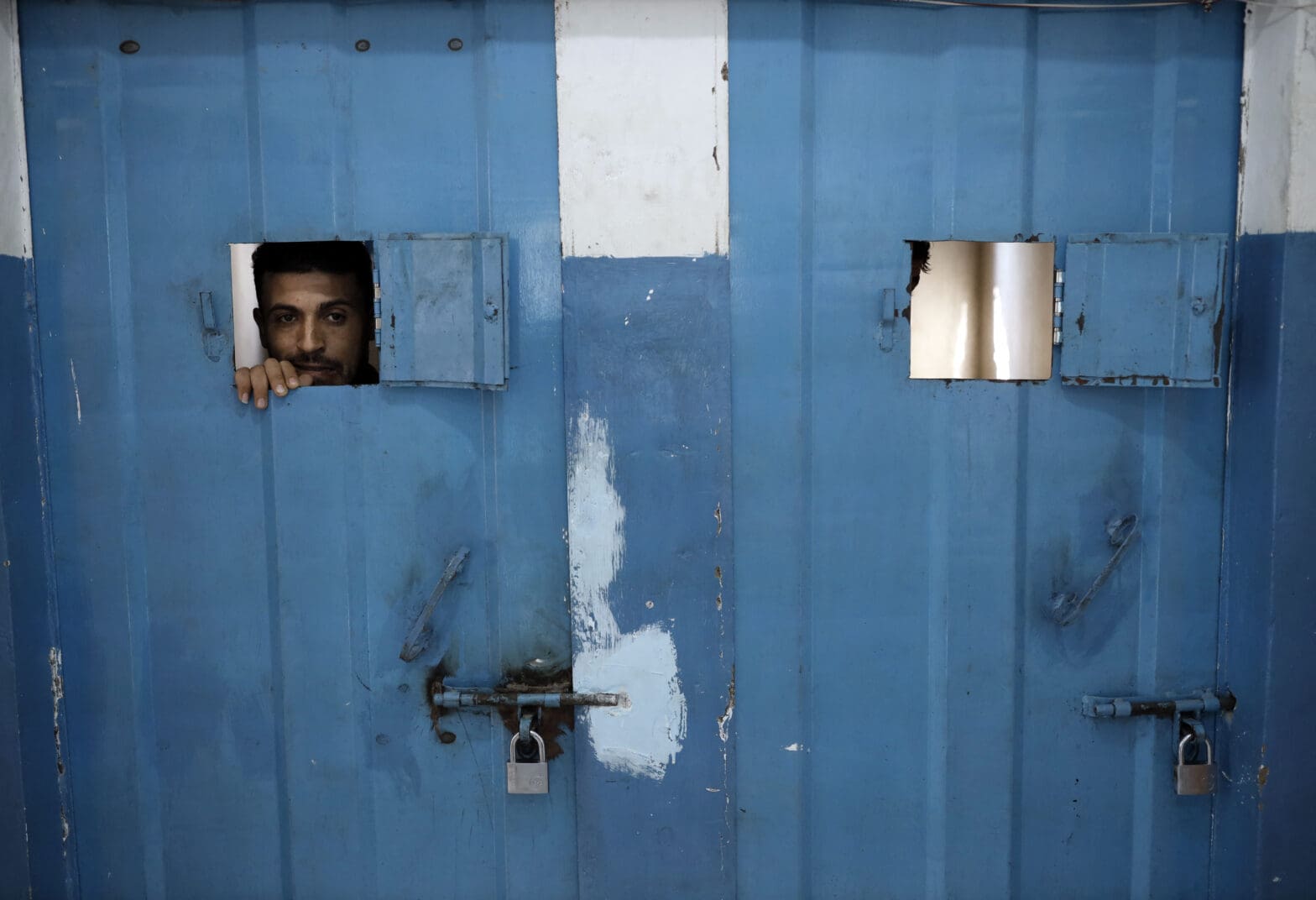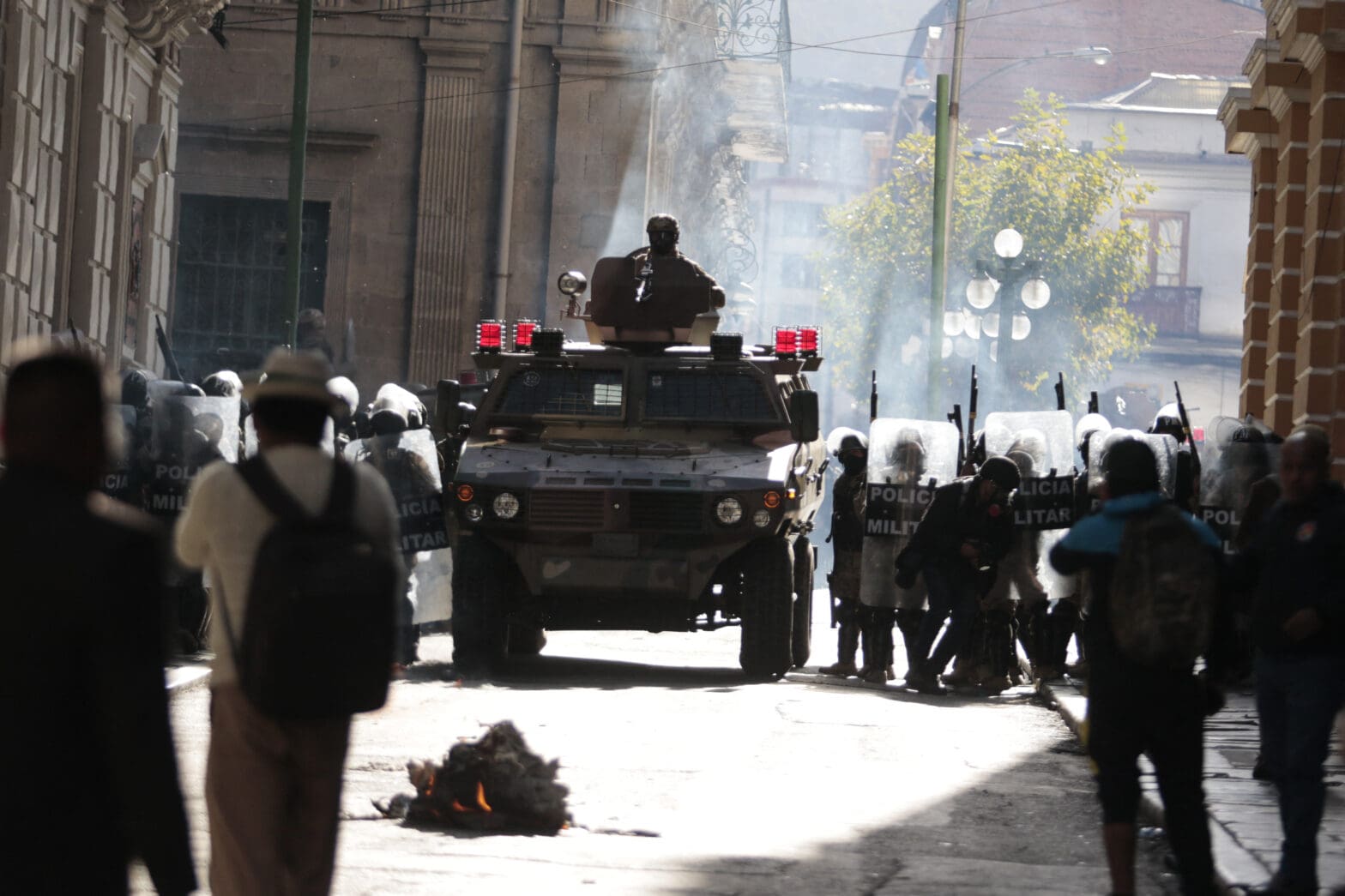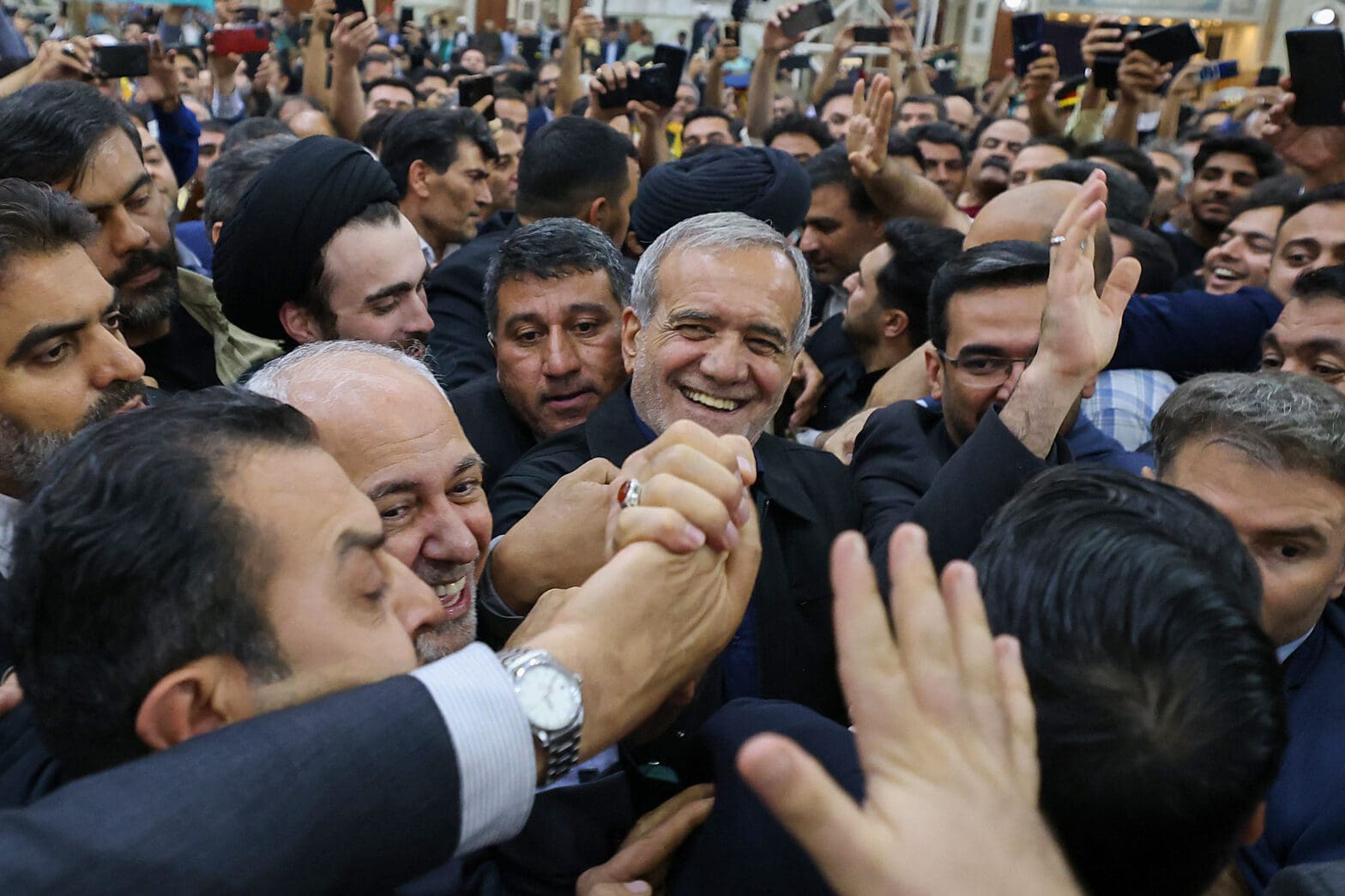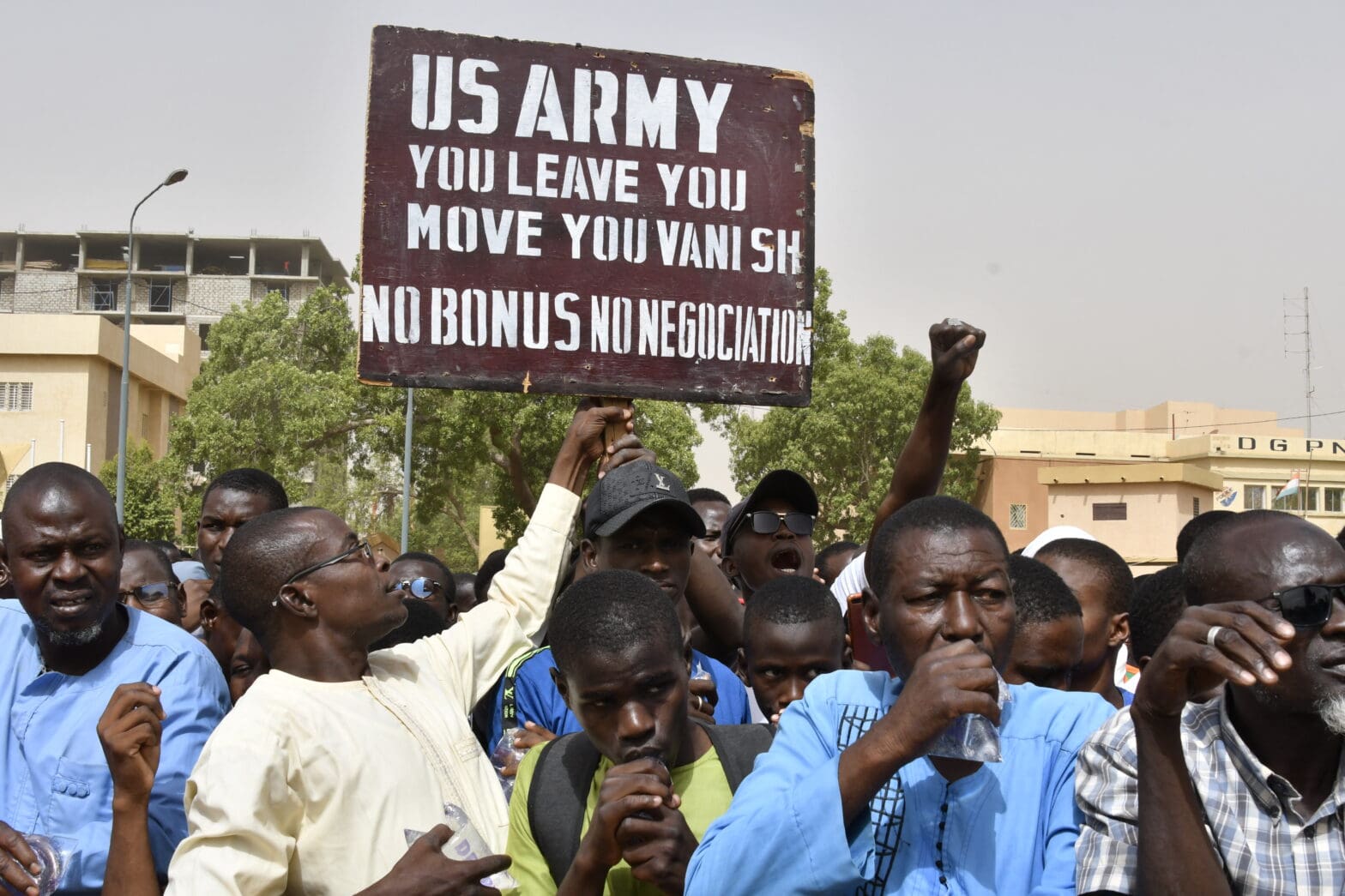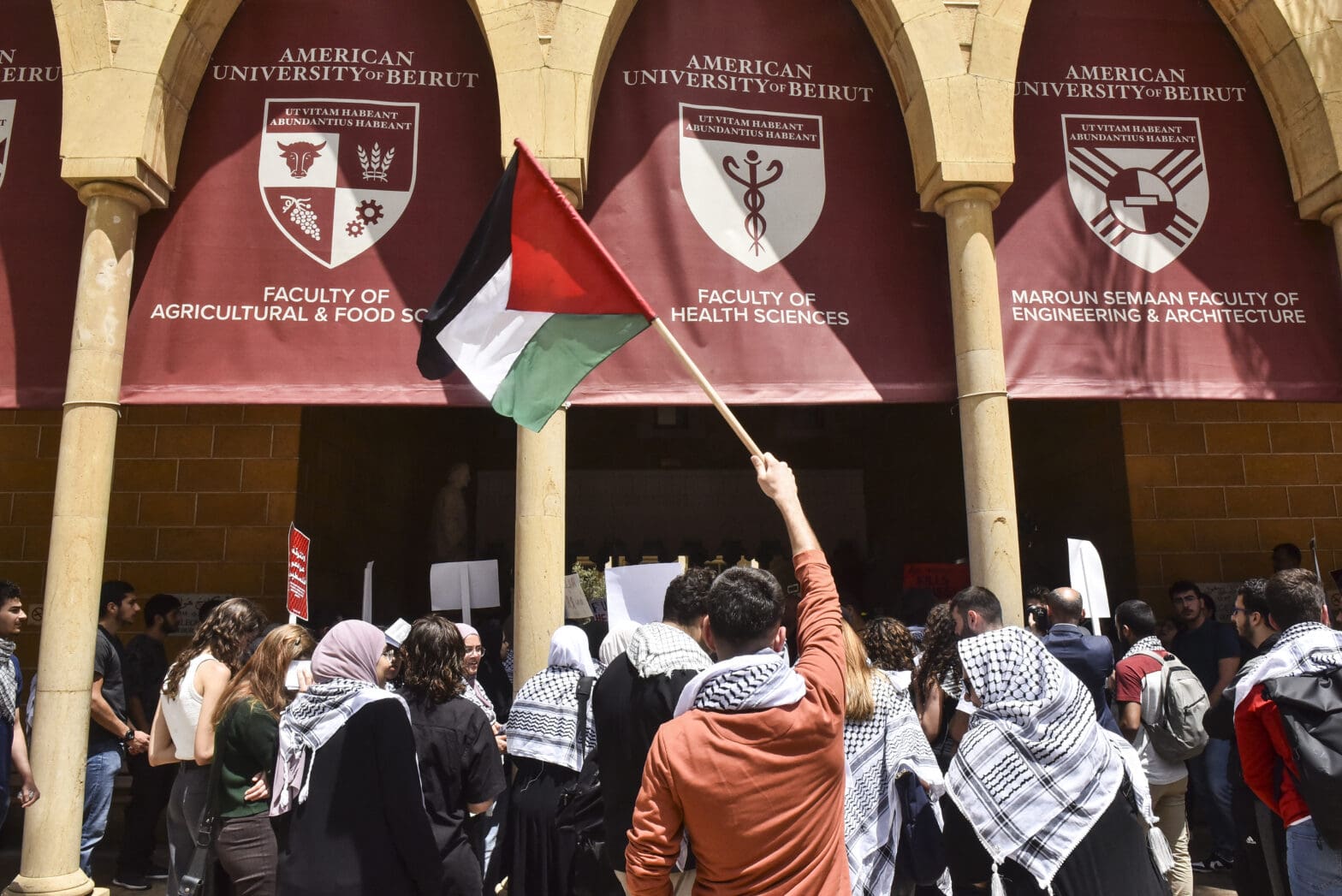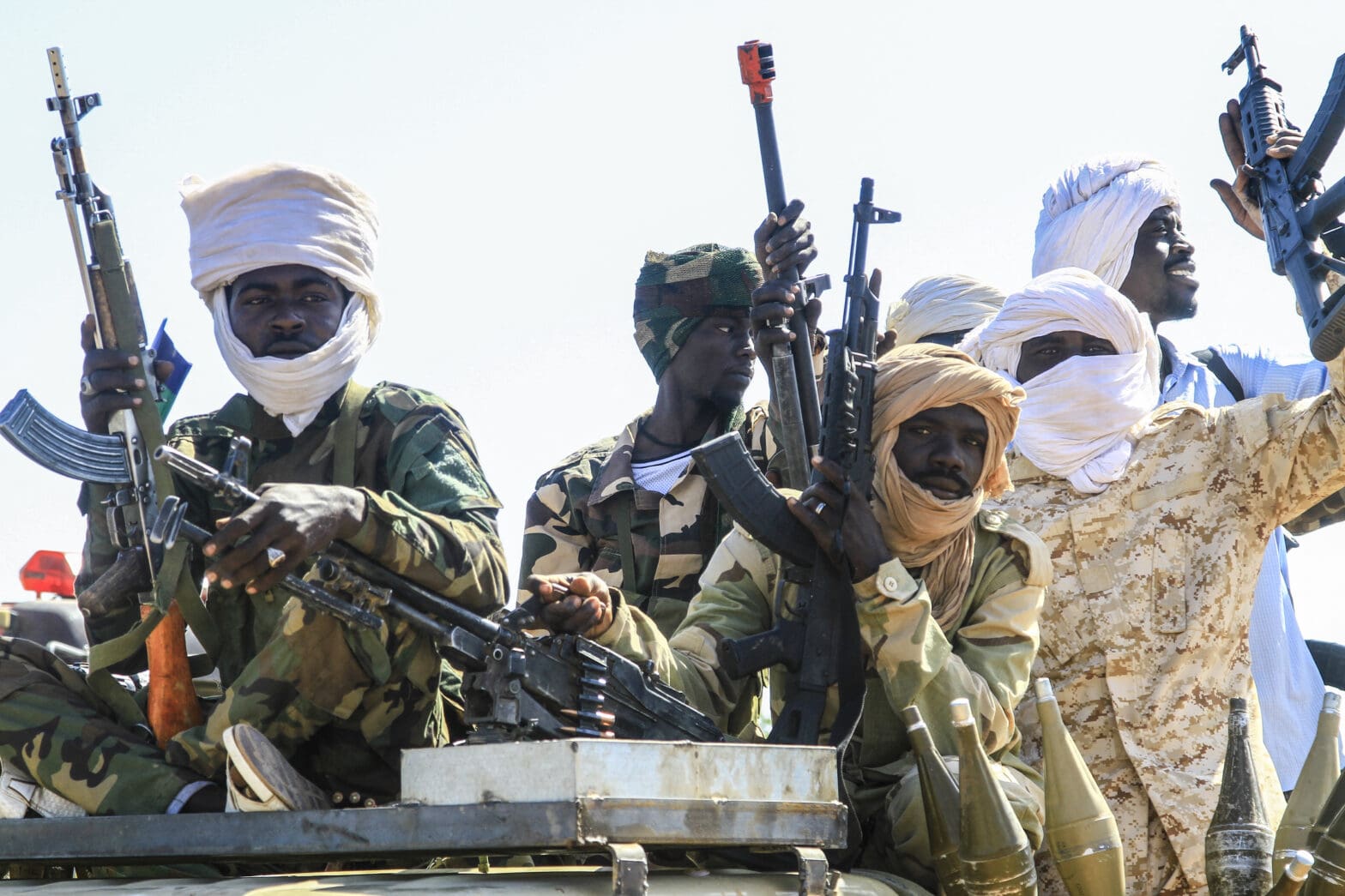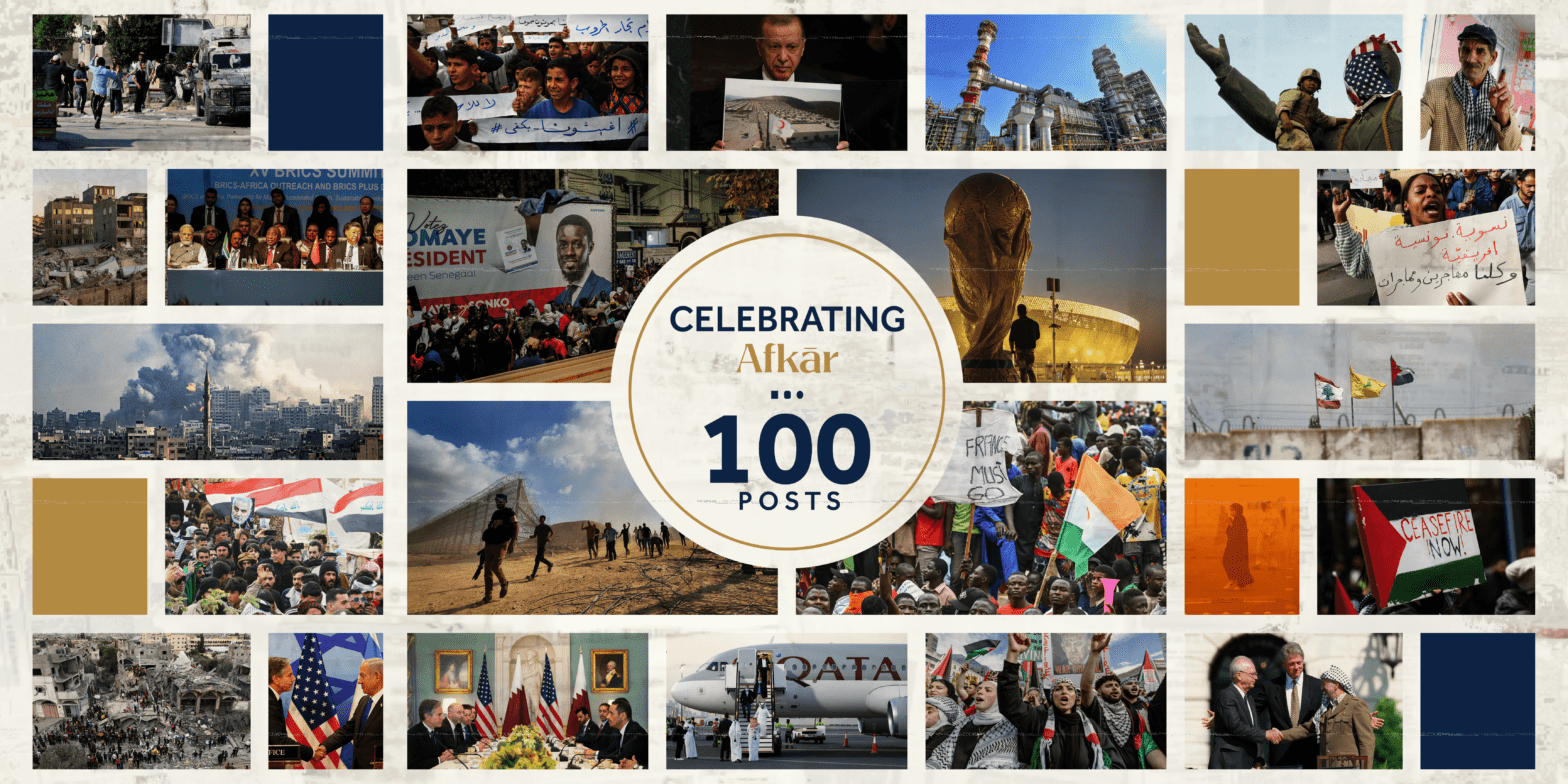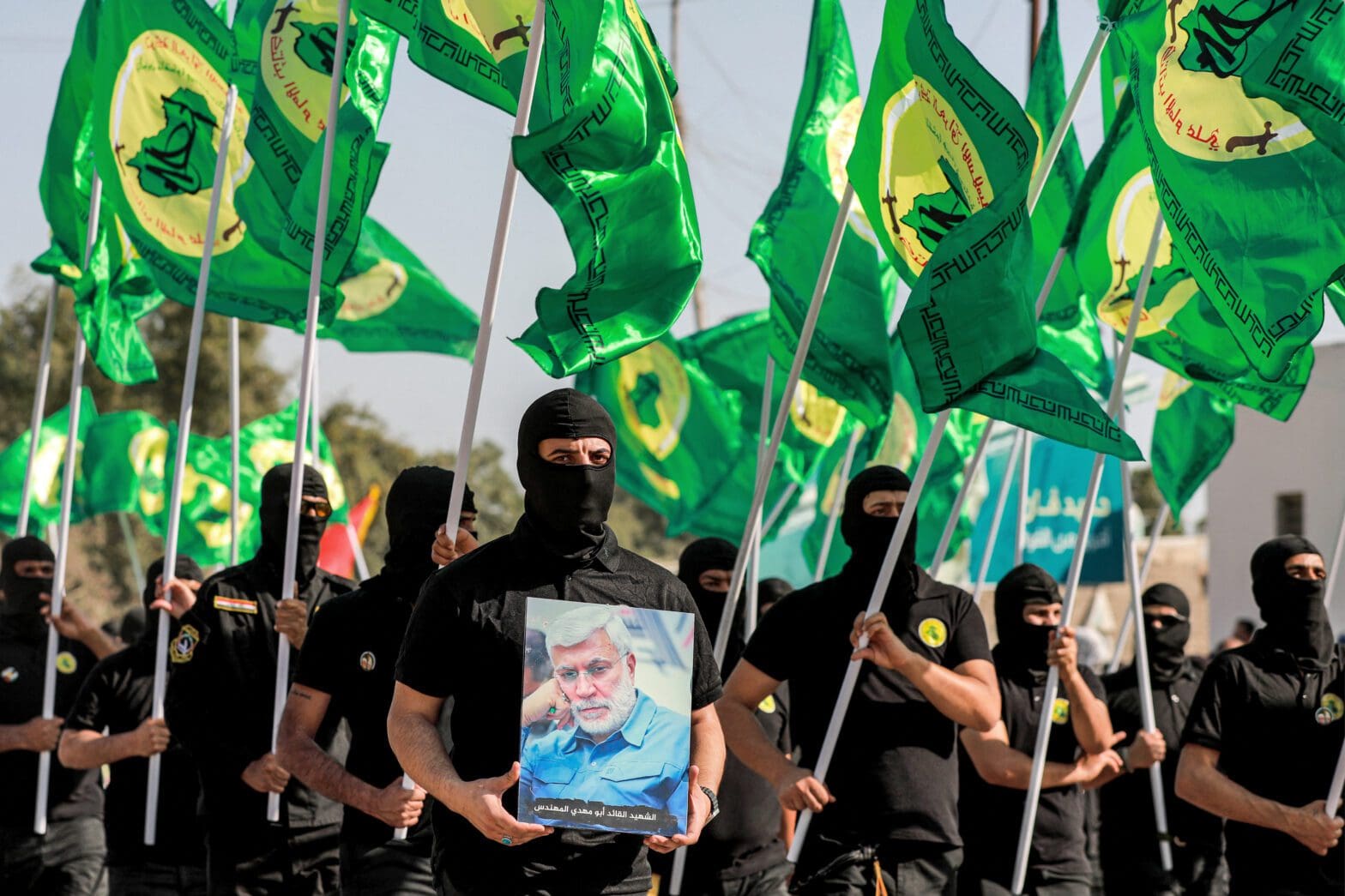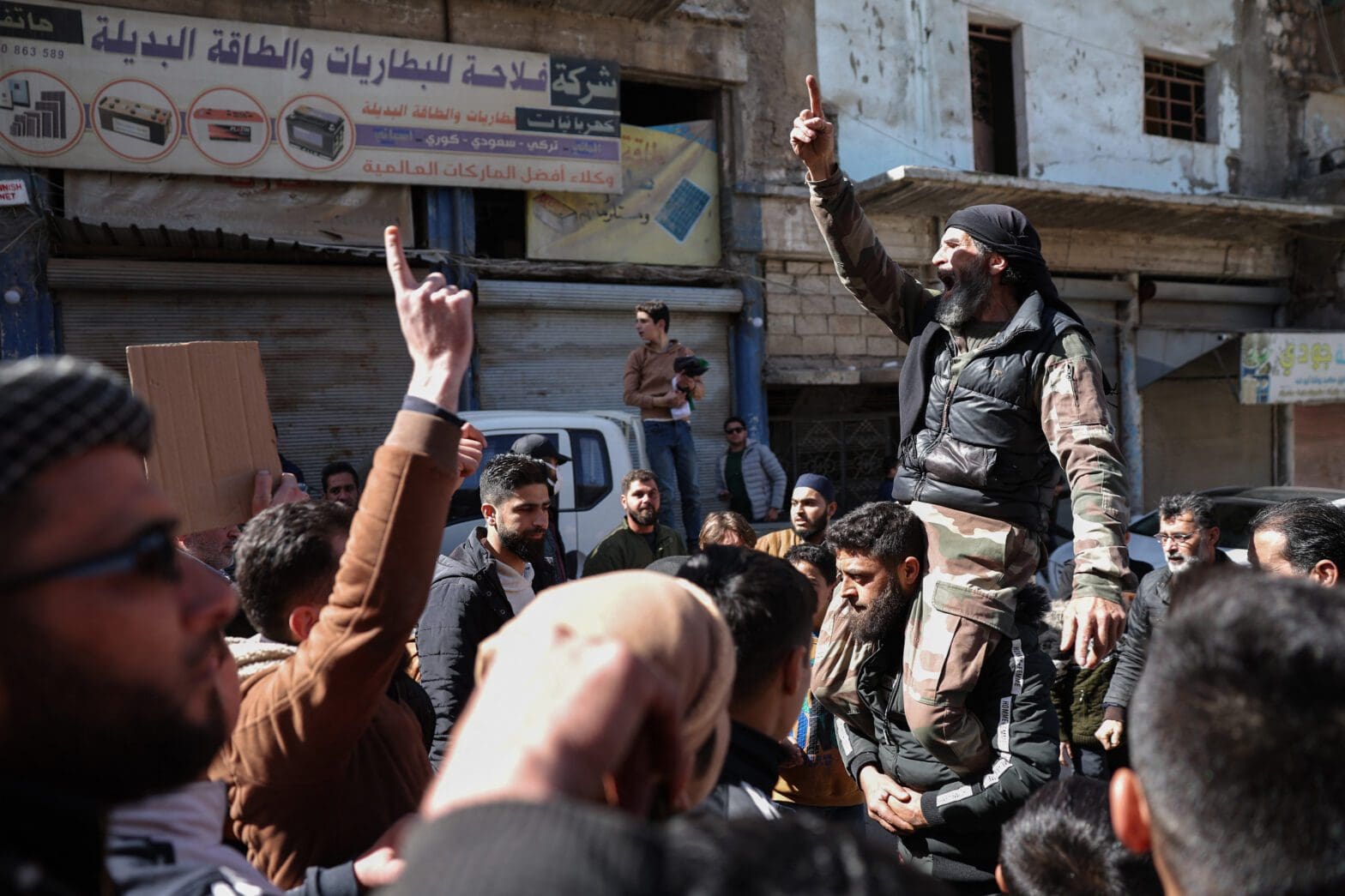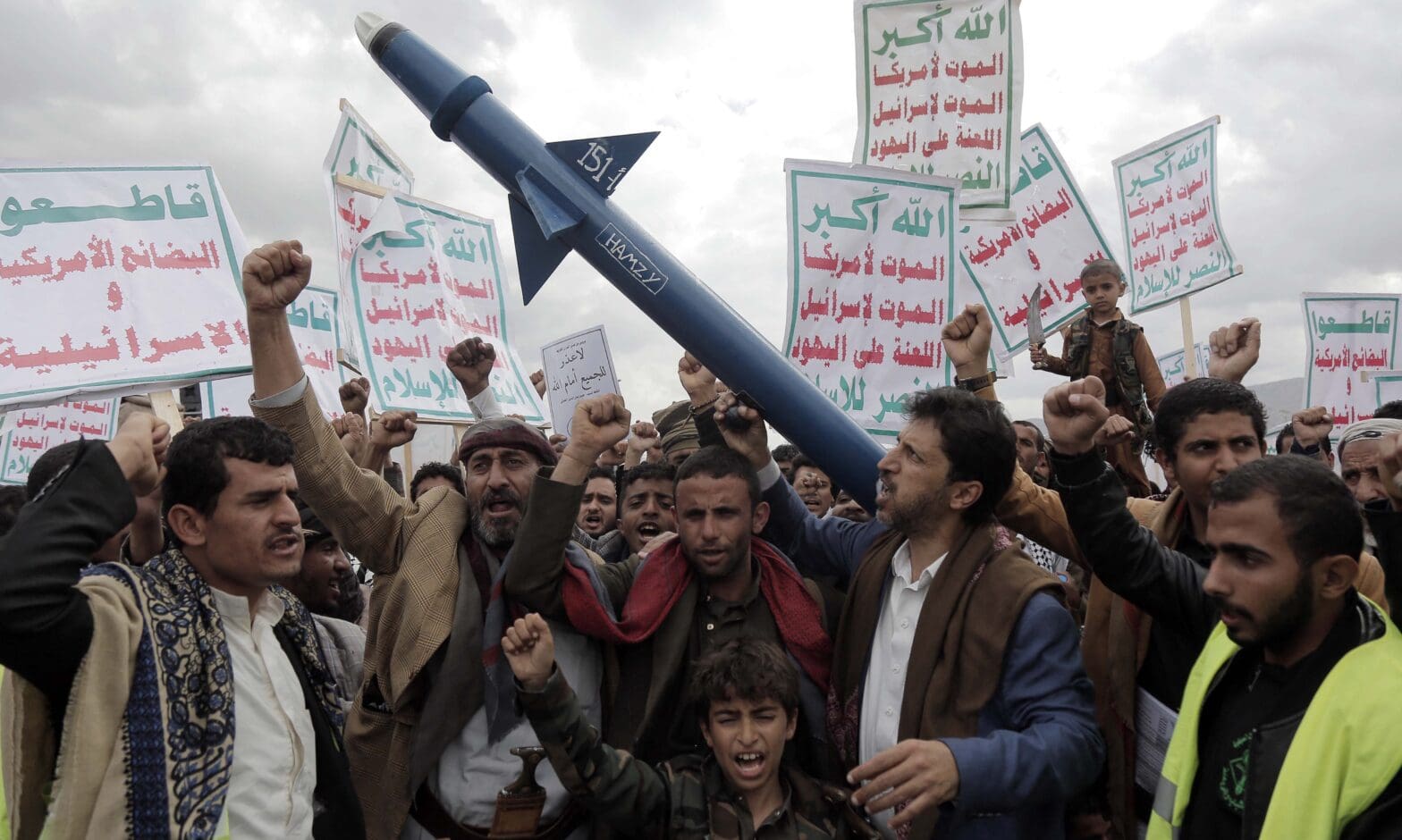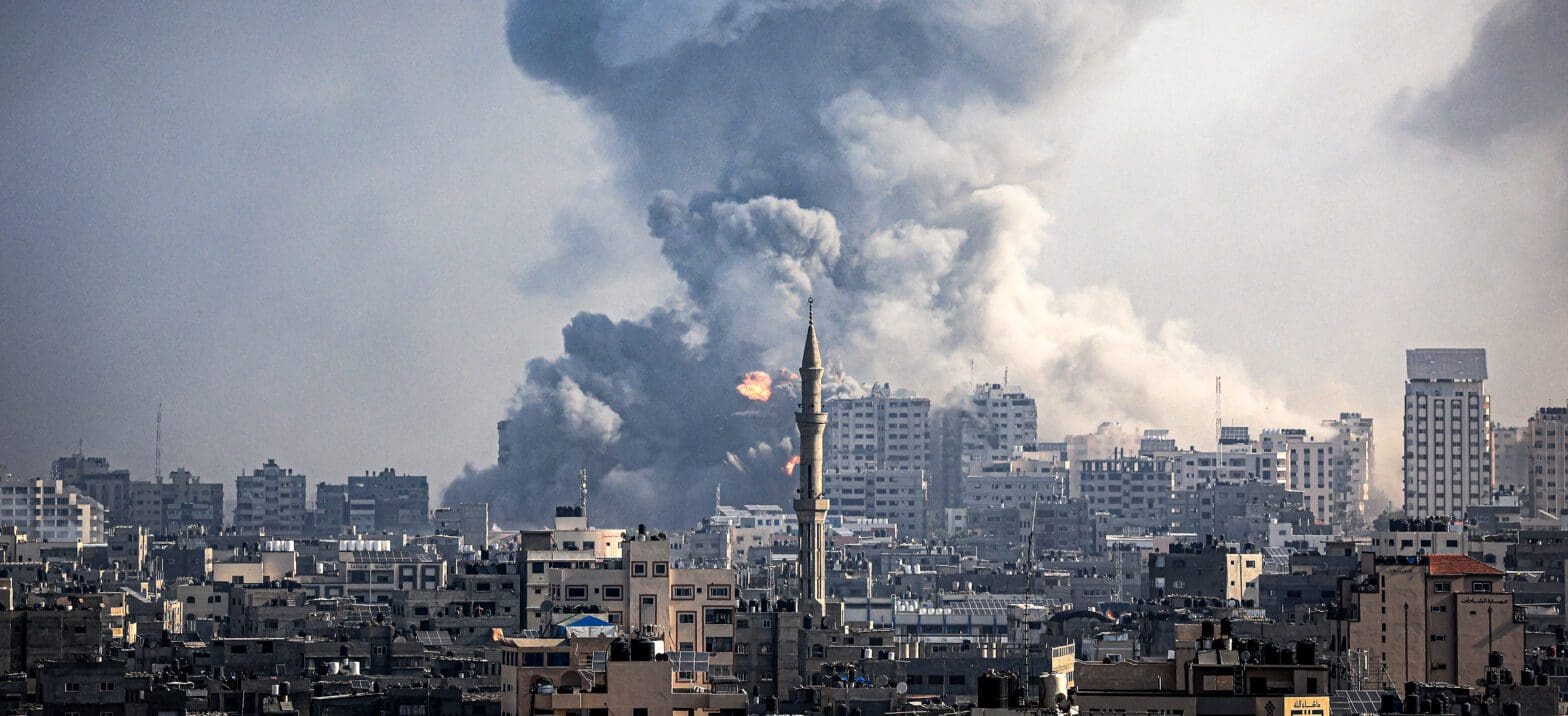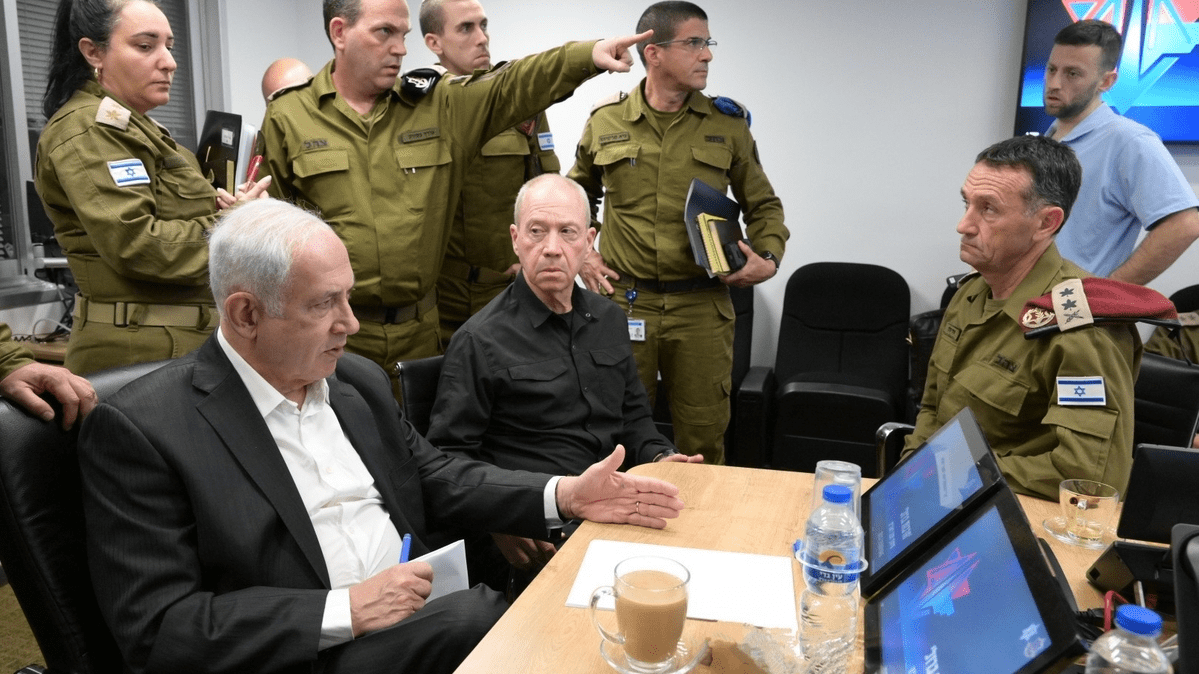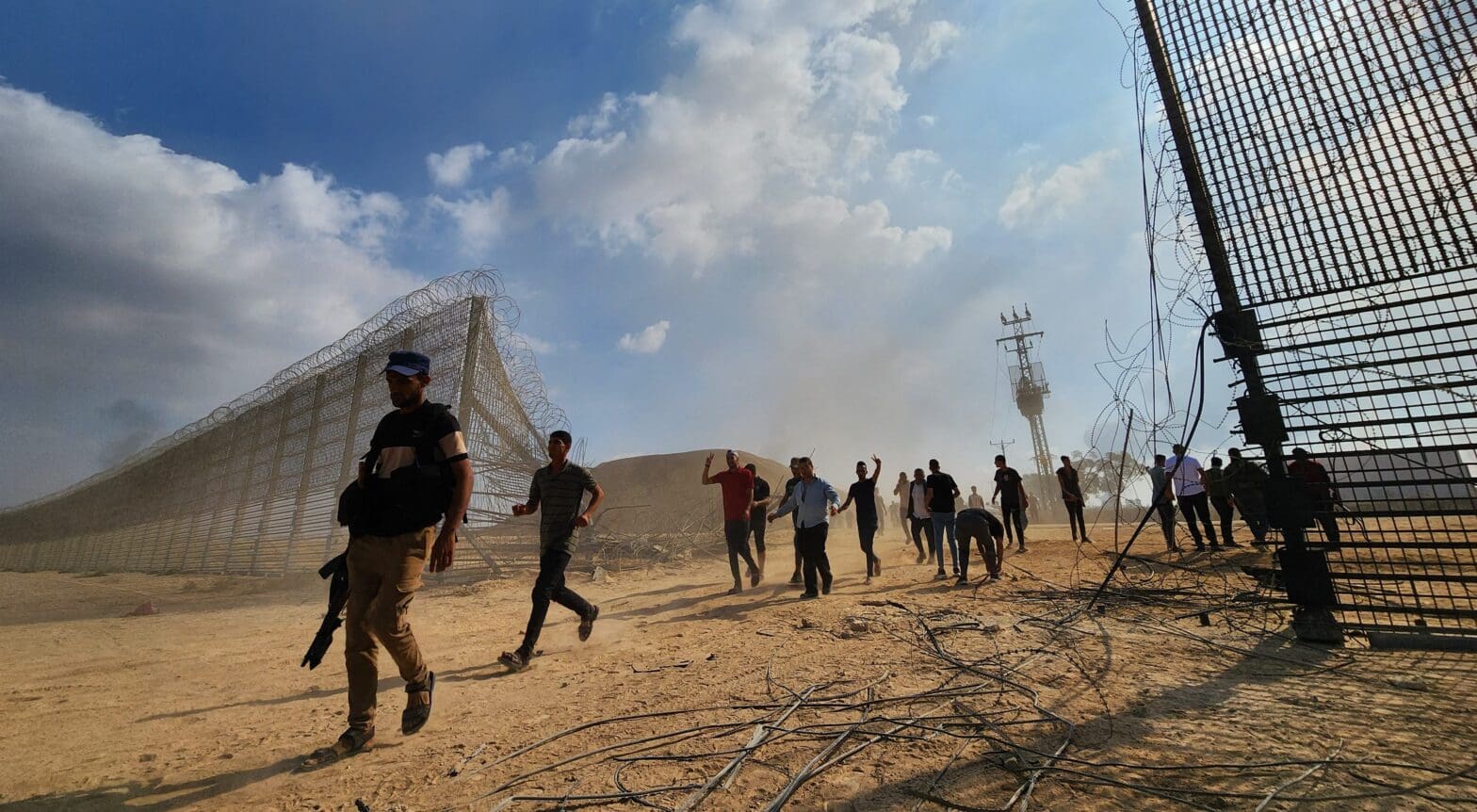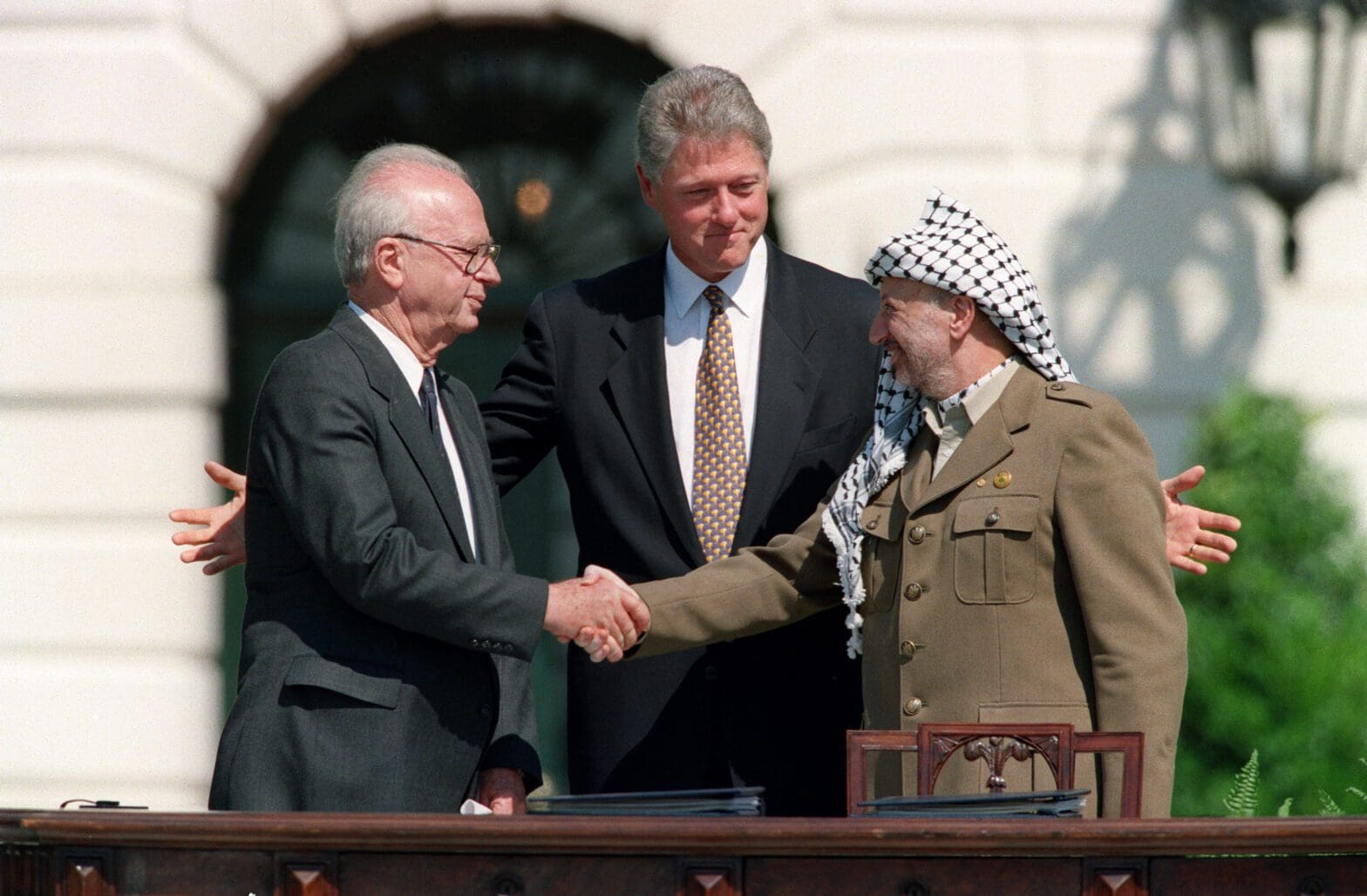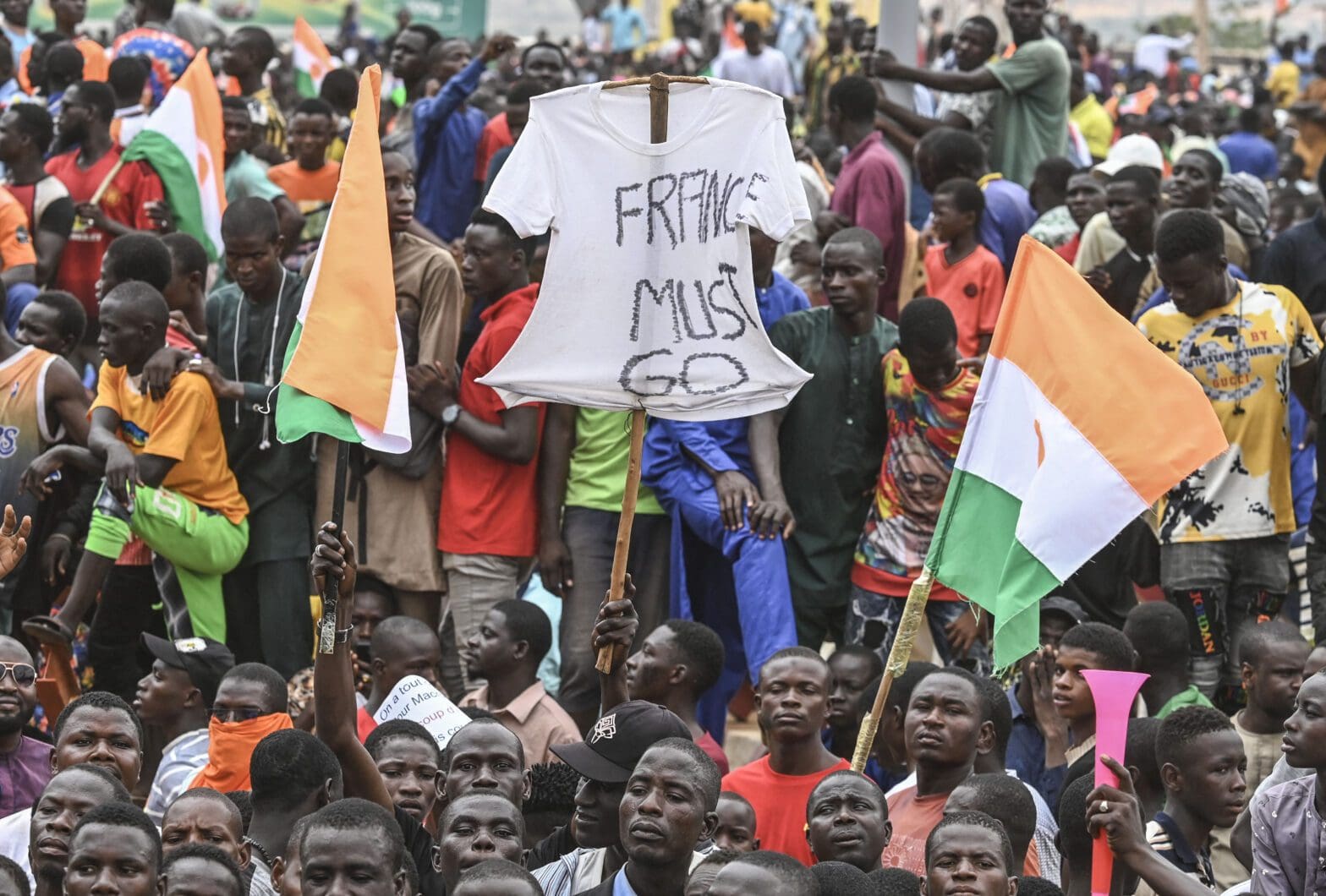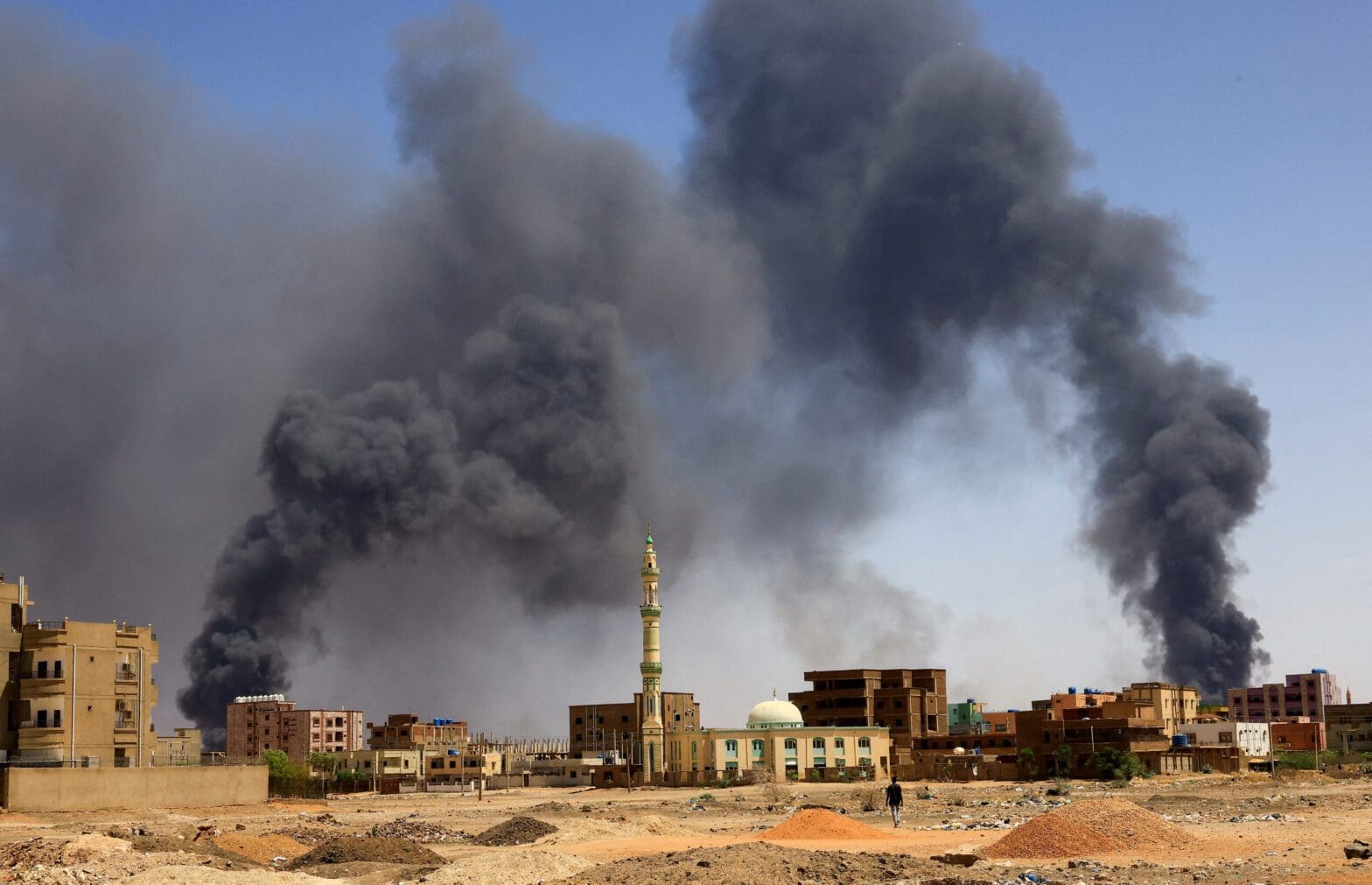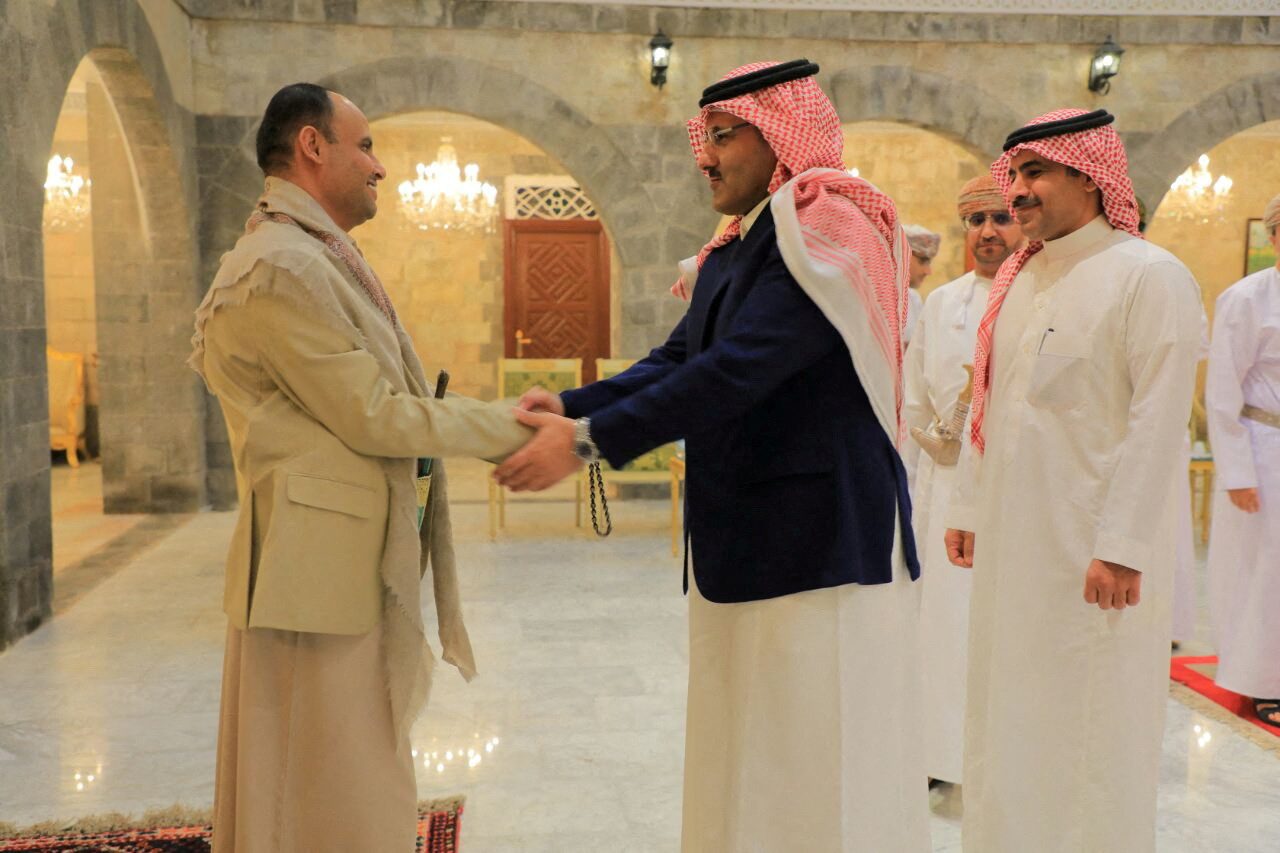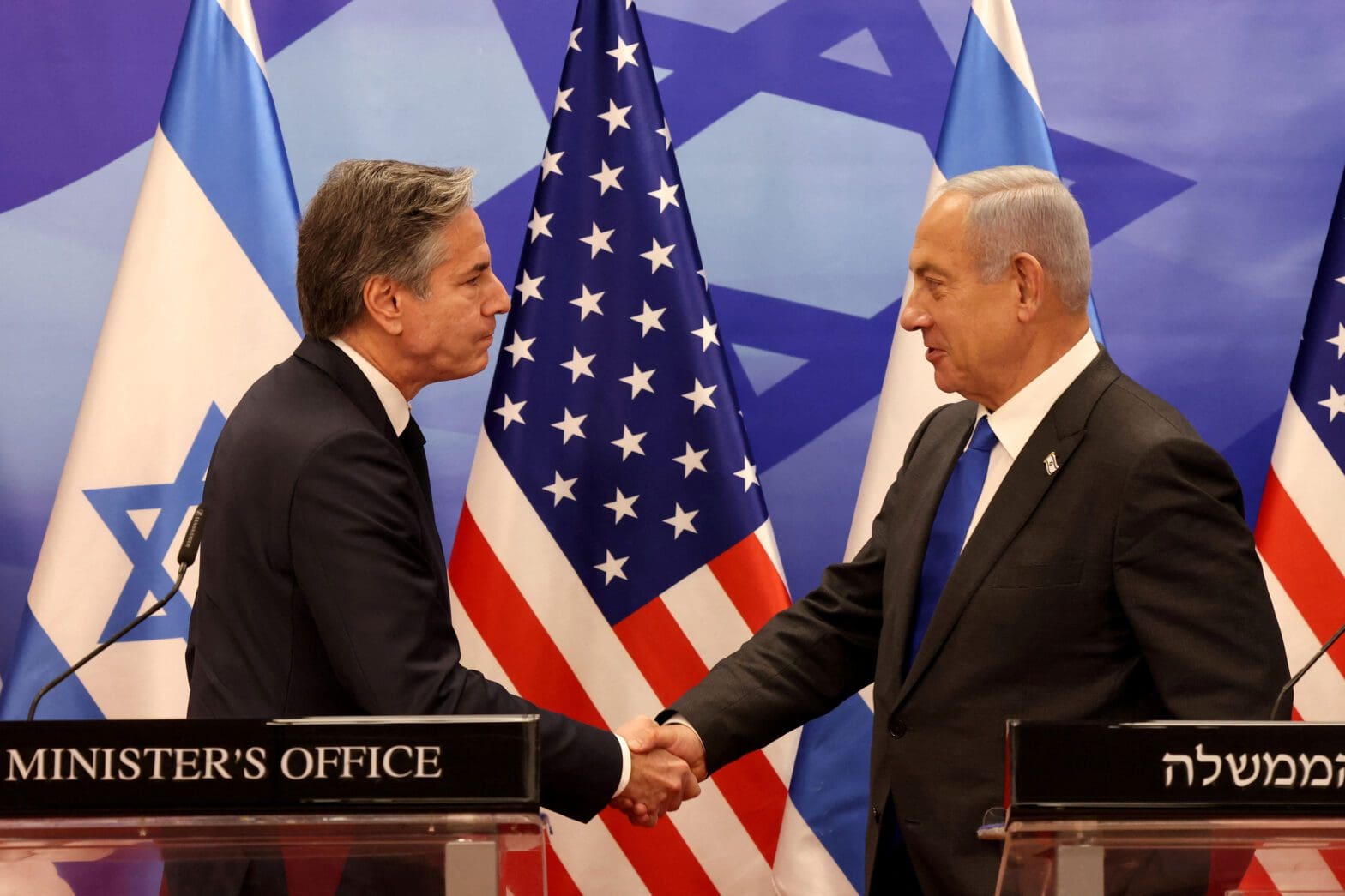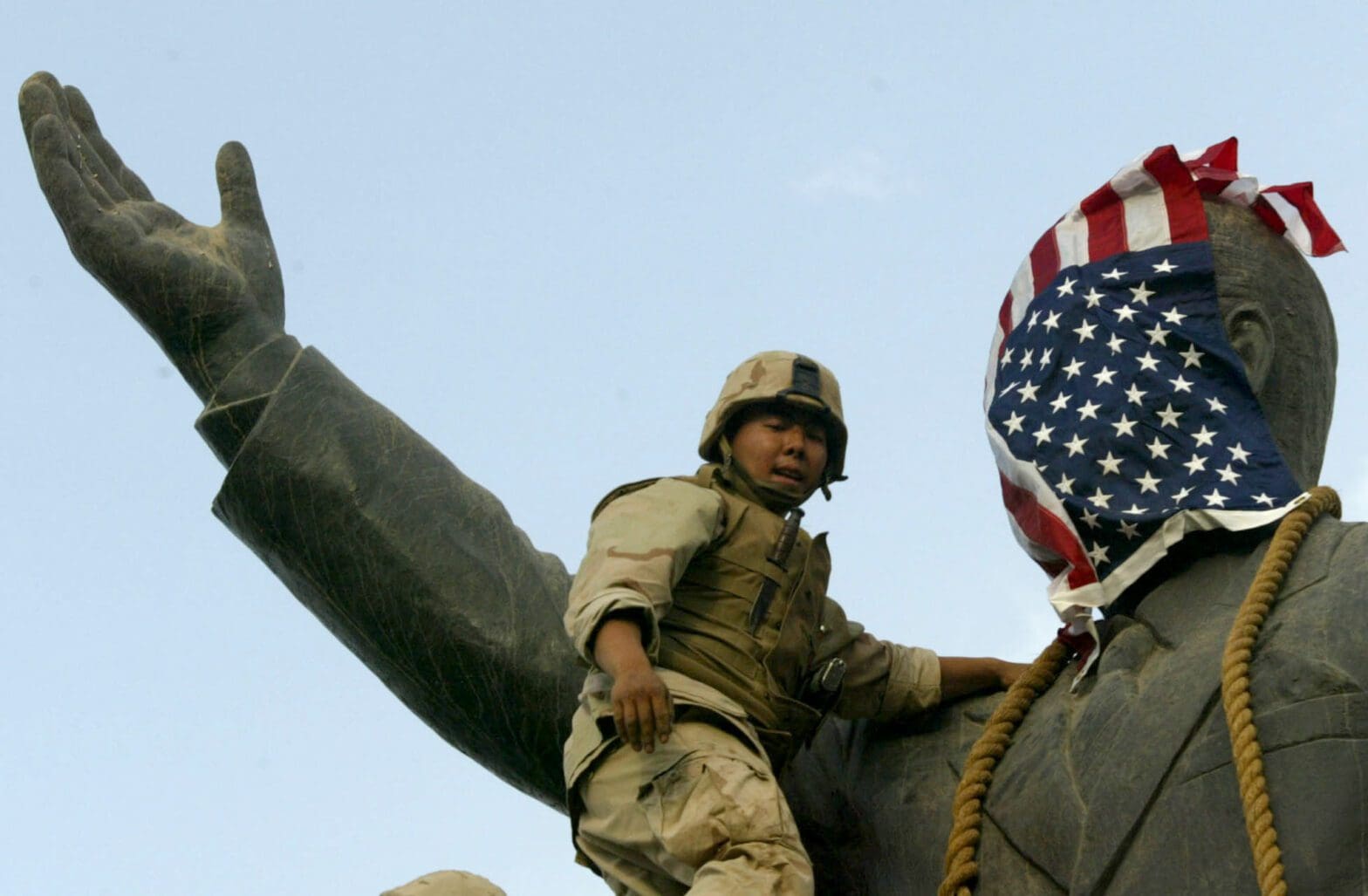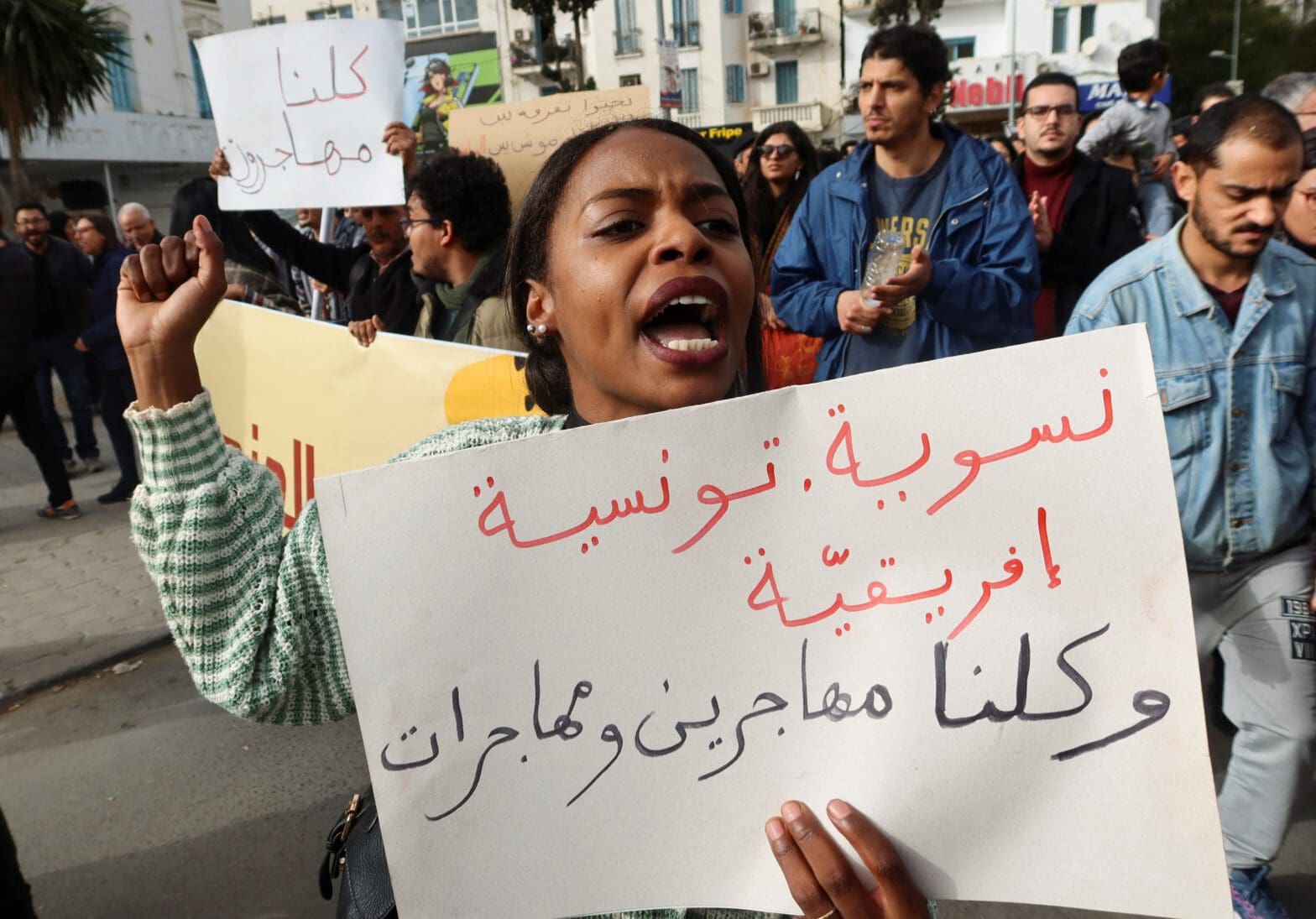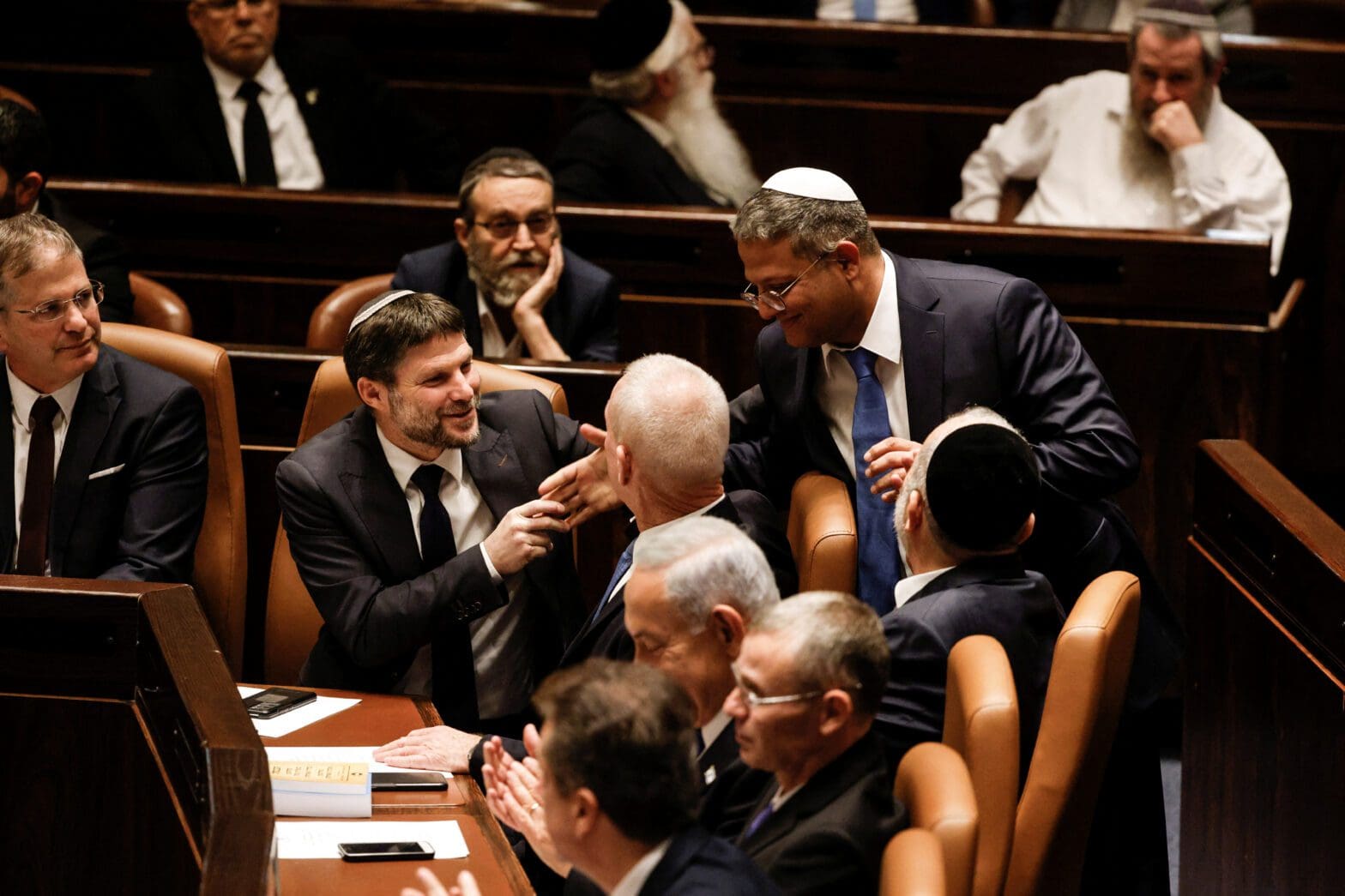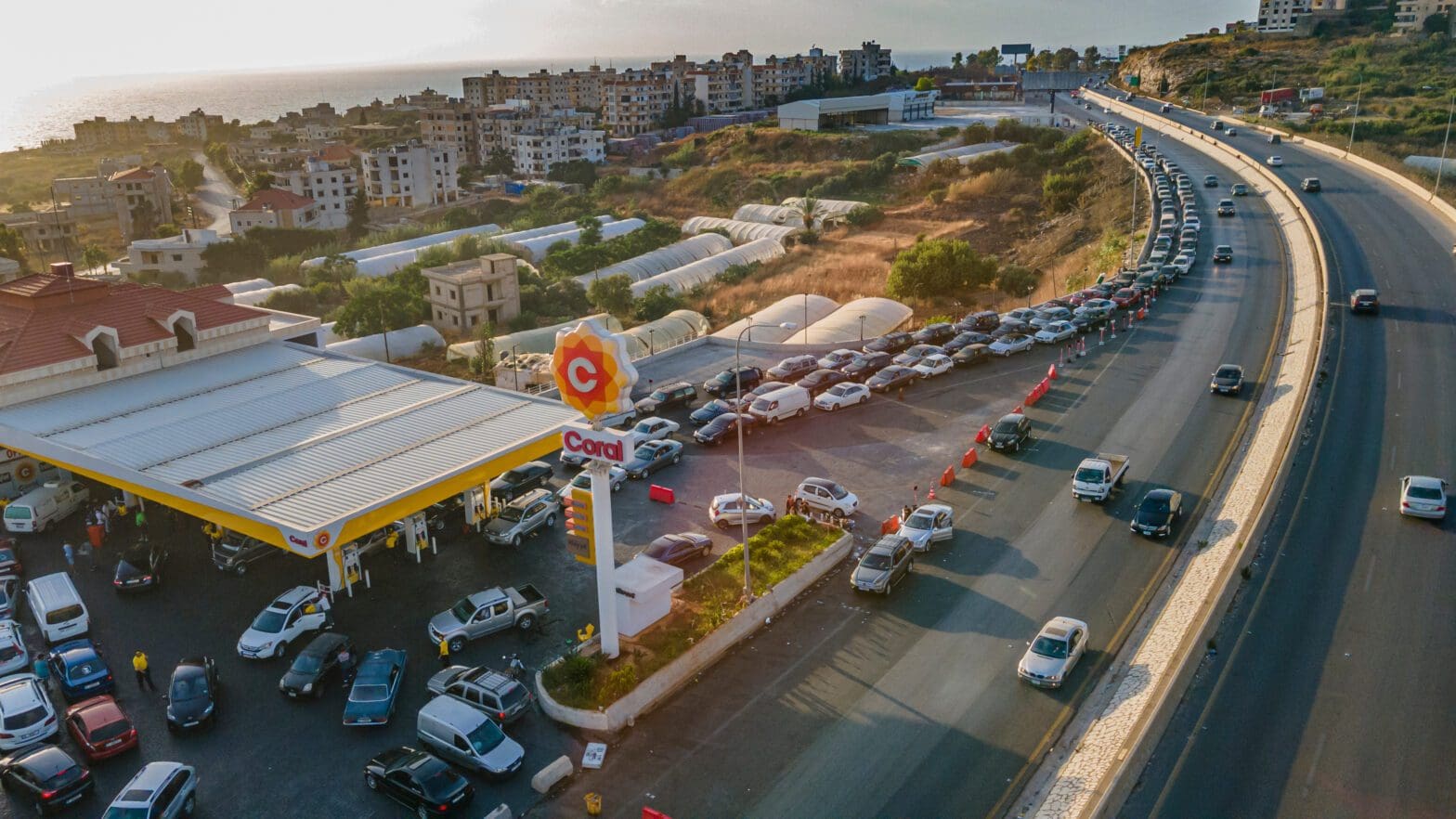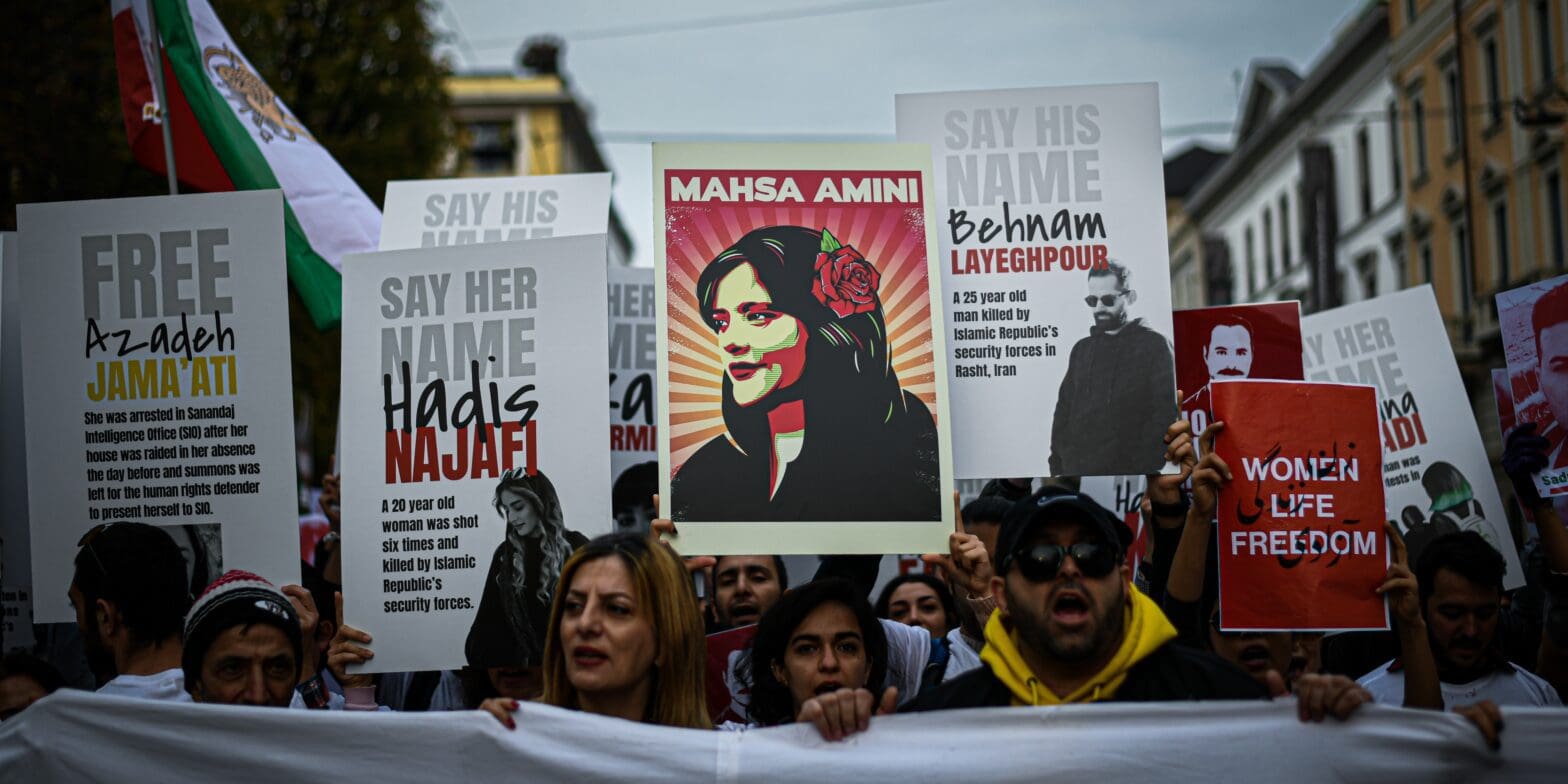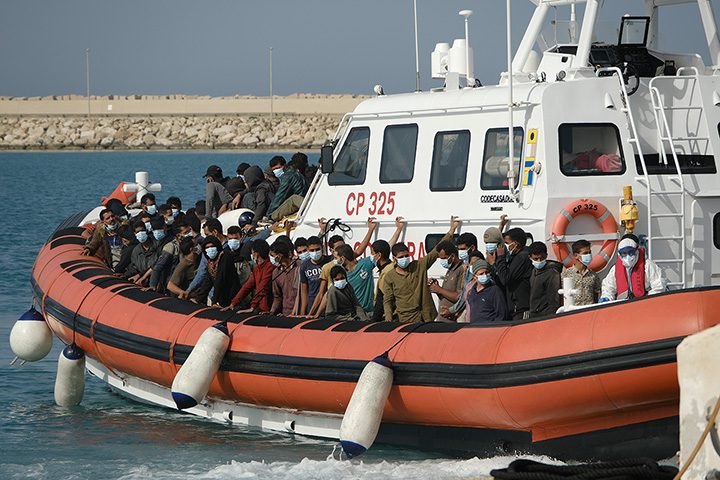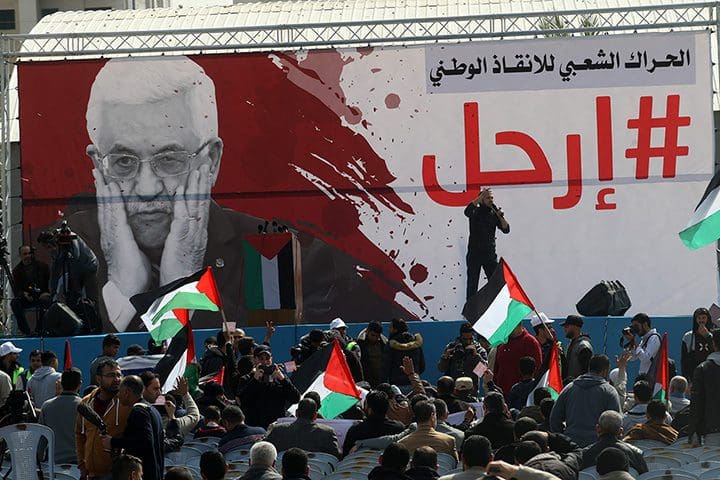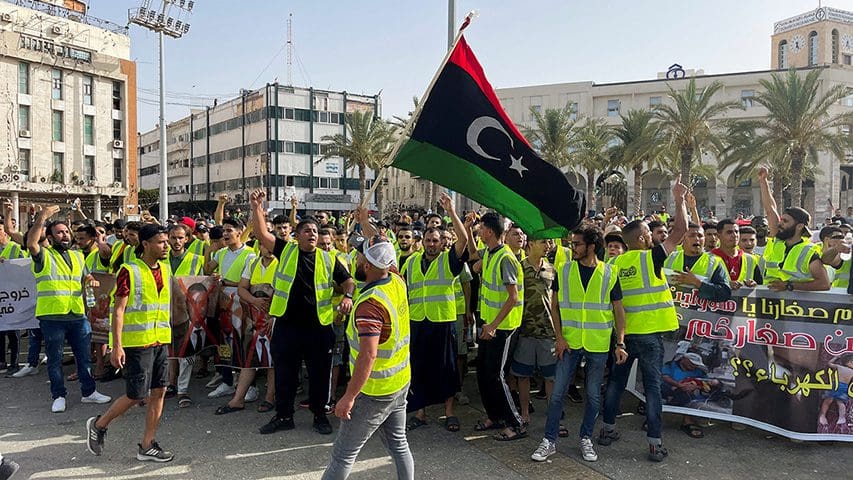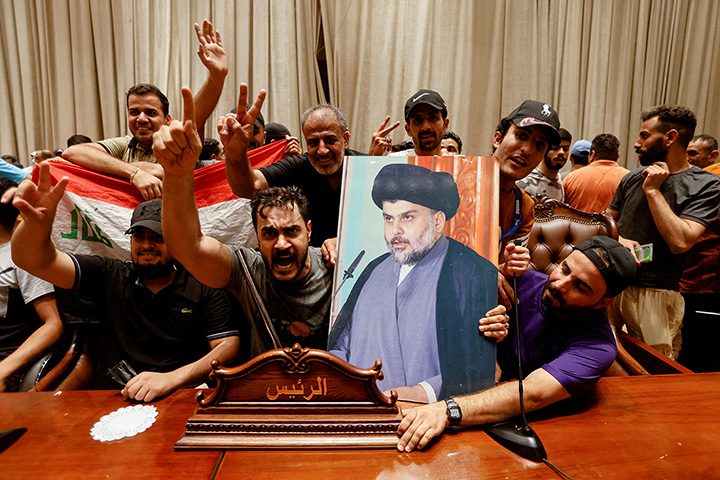On September 27, thousands of young Moroccans took to the streets to denounce years of poor governance and misplaced spending priorities. The demonstrations, organized by a collective called “GenZ 212,” have spread to at least 10 cities and quickly become the largest anti-government movement since the Rif protests of 2016-2017. Fueled by anger over the… Continue reading Morocco’s Youth Protests and the Limits of its Governance Formula
Afkar Issue: Protests and Uprisings
Will the PKK’s Historic Disbandment Transform the Turkish Republic?
On May 12, 2025, the Kurdistan Workers’ Party, or PKK, officially declared its dissolution after nearly five decades of armed insurgency against the Turkish state. The announcement was made in parallel congresses held in the Kandil Mountains and the Zap Valley, the two iconic strongholds of the movement in northern Iraq. Two hundred and thirty-two… Continue reading Will the PKK’s Historic Disbandment Transform the Turkish Republic?
Assad’s Fall in Syria Poses Serious Questions Inside Iraq
Recent developments in Syria, including the fall of the Assad regime, Iran’s failure to quell the rebel advance into Damascus and subsequent withdrawal of its proxies from the country, have generated shockwaves in neighboring Iraq. For the first time in Iraq’s post-2003 political history, the prospect of breaking Iran’s outsized influence over the Iraqi state… Continue reading Assad’s Fall in Syria Poses Serious Questions Inside Iraq
With Axis of Resistance in Retreat, How Will Iranian People Respond?
Iran’s regional policy is on the backfoot. Years of patronage and investment in the “Axis of Resistance,” a network of friendly actors that share Iran’s hostility toward U.S. hegemony in the Middle East, has unraveled in a short period of time and caught the Iranian regime off guard. While Iran’s leadership scrambles for a response,… Continue reading With Axis of Resistance in Retreat, How Will Iranian People Respond?
Why Jihadist Groups Never Really Die
The lightening quick takeover of Syria by Hayat Tahrir al-Sham (HTS) led-fighters in an offensive that began on November 27 and ousted the 54-year old Assad regime by December 8, has been stunning. Indeed, the speed of developments has left many observers with more questions than answers, including on the character of the rebel forces,… Continue reading Why Jihadist Groups Never Really Die
Today Syrians Celebrate, Tomorrow the Real Work Begins
On December 8, the world awoke to stunning news. Overnight, rebel forces led by Hayat Tahrir al-Sham (HTS) had taken Damascus, facing little resistance as they entered the Syrian capital. Most of the state’s security agents and armed forces simply abandoned their positions and walked away. In an instant, the Assad regime’s fifty-four-year brutal rule… Continue reading Today Syrians Celebrate, Tomorrow the Real Work Begins
How Tunisia’s Anti-Corruption Campaign Is Putting Its Next Election into Question
On August 5, a Tunisian court sentenced four potential presidential candidates on charges of buying endorsements and banned them from running in the upcoming elections slated for October 6. Among the four were the prominent politician and former Ennahda leader Abdellatif Mekki and the activist and TV host Nizar Chaari. In addition, the key opposition… Continue reading How Tunisia’s Anti-Corruption Campaign Is Putting Its Next Election into Question
Torture Camp Protests Expose Depth of Palestinian Dehumanization in Israel
On the morning of Monday, July 29, a contingent of Israel’s military police—the agency responsible for policing the security forces—arrived at Sde Teiman, an Israeli military base in the Negev Desert that now serves as a detention center for Palestinians from the Gaza Strip. The military police had come to arrest nine military reservists who… Continue reading Torture Camp Protests Expose Depth of Palestinian Dehumanization in Israel
Unification of Monetary Policy and the Banking Sector in Yemen
Amid the ongoing state of “no-war, no-peace” that has persisted for the past two years, Yemen faces a new challenge that threatens to further unsettle its fragile stability. The country’s banking sector is experiencing turmoil following a series of controversial decisions made by the breakaway Central Bank in Aden, signaling potentially catastrophic consequences for an… Continue reading Unification of Monetary Policy and the Banking Sector in Yemen
The Coup Contagion Continues
The first attempted military coup of 2024 took place in Bolivia on June 26, when soldiers stormed the presidential palace and occupied the main square in La Paz. While Bolivia is no stranger to putsches, with the highest number of coups worldwide since 1950, it is now the latest in a long list of countries… Continue reading The Coup Contagion Continues
The Unlikely Election of Another Reformist in Iran
Until just a month ago, few people outside of Iran had heard the name Masoud Pezeshkian. The 69-year-old physician was the representative for the northwestern city of Tabriz in the Iranian parliament and had previously served as the minister of health in the second administration of the reformist President Mohammad Khatami between 2001 to 2005.… Continue reading The Unlikely Election of Another Reformist in Iran
A Succession of Coups Leaves the Sahel Prey to International Rivalries
When Niger’s military rulers decided to put an end to the presence of American armed forces on the country’s territory in May, the move was met with dismay in Washington. Niger, in the heart of the Sahel region south of the Sahara Desert, is host to two major bases the United States had long used… Continue reading A Succession of Coups Leaves the Sahel Prey to International Rivalries
The (Surprising) Silence of Arab Universities on Palestine
Since mid-April 2024, western academic institutions, including elite American universities, have been at the forefront of protests for Palestine. Yet, their Arab counterparts have surprisingly remained silent. The disengagement is particularly noteworthy considering that Middle Eastern universities have historically been the hotbeds of protests and engagement concerning the Palestinian cause. This absence is also at… Continue reading The (Surprising) Silence of Arab Universities on Palestine
Another Catastrophe Hangs Over Darfur
Two decades after mass atrocities for which justice has never been served, the capital of North Darfur teeters on the brink once again. El-Fasher is the last of five state capitals in Sudan’s vast Darfur region that has not fallen to the paramilitary Rapid Support Forces (RSF) in the course of the country’s war. Vulnerable to… Continue reading Another Catastrophe Hangs Over Darfur
The Middle East in the Wake of October 7: Interview with Tarik M. Yousef Marking 100 Afkār Posts
We at Afkār are delighted to announce that we have reached a new milestone, our 100th post! To mark the occasion, we have recorded and transcribed a special interview with the Director of the Middle East Council on Global Affairs, Tarik M. Yousef. The in-depth interview was conducted by our editor, Omar H. Rahman, and… Continue reading The Middle East in the Wake of October 7: Interview with Tarik M. Yousef Marking 100 Afkār Posts
Security Sector Reform: An Exercise in Futility?
Since the onset of the post-October 7 regional escalation, the ascension of militia groups has had increasingly visible implications for global security. This has been highlighted by the Houthi attacks in the Red Sea, which have had far-reaching consequences for the global economy. However, the Houthis—an armed political movement controlling most of Yemen—represent only one… Continue reading Security Sector Reform: An Exercise in Futility?
Winning the Peace in the Middle East’s Fragile State
The military escalation since the start of the war in Gaza on October 7 highlights the vulnerability of the Middle East and North Africa (MENA) to a relapse of conflict, potentially in a conflagration that could engulf the region at large. Over years of devastating intra-state conflicts and proxy wars in Iraq, Syria, Libya, and… Continue reading Winning the Peace in the Middle East’s Fragile State
Conflict in the Red Sea Makes Economic Waves
When the Yemen-based Houthi movement began attacking commercial shipping in the Red Sea in response to Israel’s war in Gaza, the impact on global trade was almost immediate. The international counter-response led by the United States, however, has only increased the likelihood of intensifying conflict and economic damage. As tensions build, the confrontation in the… Continue reading Conflict in the Red Sea Makes Economic Waves
Is a Regional War Inescapable?
Since October, the Middle East has edged ever closer to a regional war unlike any it has experienced before. While there has been plenty of armed hostility over the past 75 years, including between multiple state and non-state actors, the ambit of conflict this time around is so sweeping that it risks engulfing the entire… Continue reading Is a Regional War Inescapable?
The Hamas Raid and Israel’s Onslaught of Gaza
On October 7, Hamas shocked the world by carrying out an astonishing raid on Israel that killed around 1,300 people, most of them civilians, and taking an estimated 150 others hostage. The Israeli response has been devastating. For a week, Israel has indiscriminately bombarded Gaza from the sky, destroying residential buildings, hospitals, schools, and other… Continue reading The Hamas Raid and Israel’s Onslaught of Gaza
Operation Al-Aqsa Flood Exposes a Massive Israeli Intelligence Failure
Operation Al-Aqsa Flood, a sophisticated and deadly campaign by Hamas militants deep inside Israeli territory, represents a massive failure by Israel’s defense, security, and intelligence community. The Shin Bet domestic intelligence agency, Israeli Military Intelligence, and Mossad all failed to pick up on the group’s extensive planning, training, and supply activities as it prepared the… Continue reading Operation Al-Aqsa Flood Exposes a Massive Israeli Intelligence Failure
Hamas’ “Al-Aqsa Flood” Will Leave Nothing Untouched
*Editor’s note: At the time of publication, only 100 Israelis were reported to have been killed. This number would rise to 1,139. In the early morning hours of October 7, scores of Hamas fighters launched a dramatic and unprecedented land, air and sea attack on Israel. Coming a day after the 50th anniversary of… Continue reading Hamas’ “Al-Aqsa Flood” Will Leave Nothing Untouched
Palestinians Continue to be Haunted by the Ghosts of Oslo
A decade after the initial Oslo Accord was signed in 1993, public opinion on the process it spawned was divided between those who believed it was a promising initiative to achieve Israeli-Palestinian peace that was tragically derailed, and those who insisted that it lacked the rudimentary elements of a meaningful peace process. Today, those who… Continue reading Palestinians Continue to be Haunted by the Ghosts of Oslo
A Military Intervention in Niger Would Deepen the Sahel’s Woes
July’s military coup against Niger’s pro-western President Mohamed Bazoum has sparked a complex crisis with momentous consequences for the entire region. The latest in a string of military power-grabs across the Sahel, it has drawn a particularly sharp reaction from former colonial power France, which has forces stationed in the country—ostensibly to fight Islamist militants—and… Continue reading A Military Intervention in Niger Would Deepen the Sahel’s Woes
Sudan Conflict: Regional Implications – Council Views
The eruption of violent conflict in Sudan on April 15 has cast the country into, perhaps, the darkest period yet in its five-year transition toward civilian rule, which began with nationwide protests in 2018 and the toppling of Omar al-Bashir a year later, after three decades in power. The recent outbreak of fighting between the… Continue reading Sudan Conflict: Regional Implications – Council Views
Saudi-Iran Rapprochement Unlikely to Bring Lasting Peace to Yemen
A diplomatic agreement between Saudi Arabia and Iran has raised hopes that it could lead to a peace agreement in Yemen, where war has raged with the help of both parties for over eight years. Over the past week, Houthi officials have been holding peace talks in Sanaa with a delegation led by Saudi Ambassador… Continue reading Saudi-Iran Rapprochement Unlikely to Bring Lasting Peace to Yemen
Biden’s Strategic Neglect of Palestine is Bound to Backfire
Since the start of its term, the administration of U.S. President Joe Biden has been reluctant to engage substantively with the Israeli-Palestinian issue. Instead, it has focused its limited efforts on perpetuating the status quo, on the pretext that circumstances are not conducive to initiatives to change it. What can be described as a policy… Continue reading Biden’s Strategic Neglect of Palestine is Bound to Backfire
The Iraq War 20 Years On – Council Views
Still No U.S. Accountability Adel Abdel Ghafar The 2003 U.S. invasion of Iraq was a terrible calamity, unleashing disastrous consequences that continue to reverberate across the Middle East. First and foremost, the war resulted in the deaths of an estimated 300,000 Iraqis and the displacement of millions. Saddam Hussein’s regime was brutal, and the legacy… Continue reading The Iraq War 20 Years On – Council Views
Racism Row Puts Another Blot on Tunisia’s Post-2011 Gleam
In late February, Tunisian President Kais Saied made incendiary claims against Sub-Saharan Africans in the country. Asserting that “hordes” of paperless migrants represented a “criminal plot” to change Tunisia’s racial make-up and blur its Arab-Muslim identity, he accused them of causing a wave of “violence, crimes, and unacceptable acts” and called for “urgent measures to… Continue reading Racism Row Puts Another Blot on Tunisia’s Post-2011 Gleam
Could Israel’s New Government Spell the End of the Palestinian Authority?
Israel’s new government, widely seen as the most far-right in its history, has wasted no time ramping up pressure on the Palestinian Authority. The latest volley of travel restrictions against top officials, financial pressure and construction freezes are not new in themselves. But viewed in the context of statements by members of the new cabinet,… Continue reading Could Israel’s New Government Spell the End of the Palestinian Authority?
MENA Outlook 2023 – Council Views
In various ways, 2022 was arguably a positive year in much of the Middle East and North Africa (MENA) region. The COVID-19 pandemic subsided in many states and the intensity of violence ebbed in several conflict zones. Competition between regional powers receded and gave way to an increase in diplomacy and rapprochement. However, with a… Continue reading MENA Outlook 2023 – Council Views
Council Views – Iranian protests: Reverberations for the Islamic Republic and the Region
The Islamic Republic of Iran is engulfed in crisis as a popular uprising threatens the foundations of the regime. The brutal murder of an Iranian-Kurdish woman, Mahsa Amini, while in police custody for not wearing her headscarf according to government-imposed standards has galvanized Iranians of all backgrounds at a moment when the regime faces several… Continue reading Council Views – Iranian protests: Reverberations for the Islamic Republic and the Region
Why Do Young Tunisians Trust the Sea over Their Country?
The month of September ended in tragedy for several families in the small coastal city of Zarzis in southern Tunisia. Around 18 young people went missing during an attempt to reach Europe, believing a tiny boat would carry them to a land of more opportunity. Yet, like many before them, they never reached their destination… Continue reading Why Do Young Tunisians Trust the Sea over Their Country?
As PA Loses Grip Over West Bank, Israel Scrambles to Save It
In the northern West Bank cities of Jenin and Nablus, Israeli military raids have become a near-nightly occurrence. So far this year, Israeli soldiers have killed more than 80 Palestinians in the West Bank—the most since 2015—and arrested hundreds of others, in what amounts to a far-reaching campaign to crush Palestinian resistance groups that have… Continue reading As PA Loses Grip Over West Bank, Israel Scrambles to Save It
Desperately Seeking Stability: Libya, Elections, and Enduring Political Stalemate
It has been a long, hot summer in Libya. Demand for air conditioning has strained the country’s electrical grid, leading to rolling blackouts that have underscored the unity government’s inability to improve the daily lives of its people. With frustration mounting over the ongoing failure of political elites to organize elections, the blackouts prompted well-organized—if… Continue reading Desperately Seeking Stability: Libya, Elections, and Enduring Political Stalemate
Iraq is Moving Toward Civil War
Iraq’s Political System is nearing irreversible collapse after months of escalatory measures by rival Shi’ite factions have brought the country to the brink of civil war. The trajectory of conflict appears irreversible and would imperil not only the rebuilding of Iraq after years of upheaval but hold implications for stability in the broader region, as… Continue reading Iraq is Moving Toward Civil War

